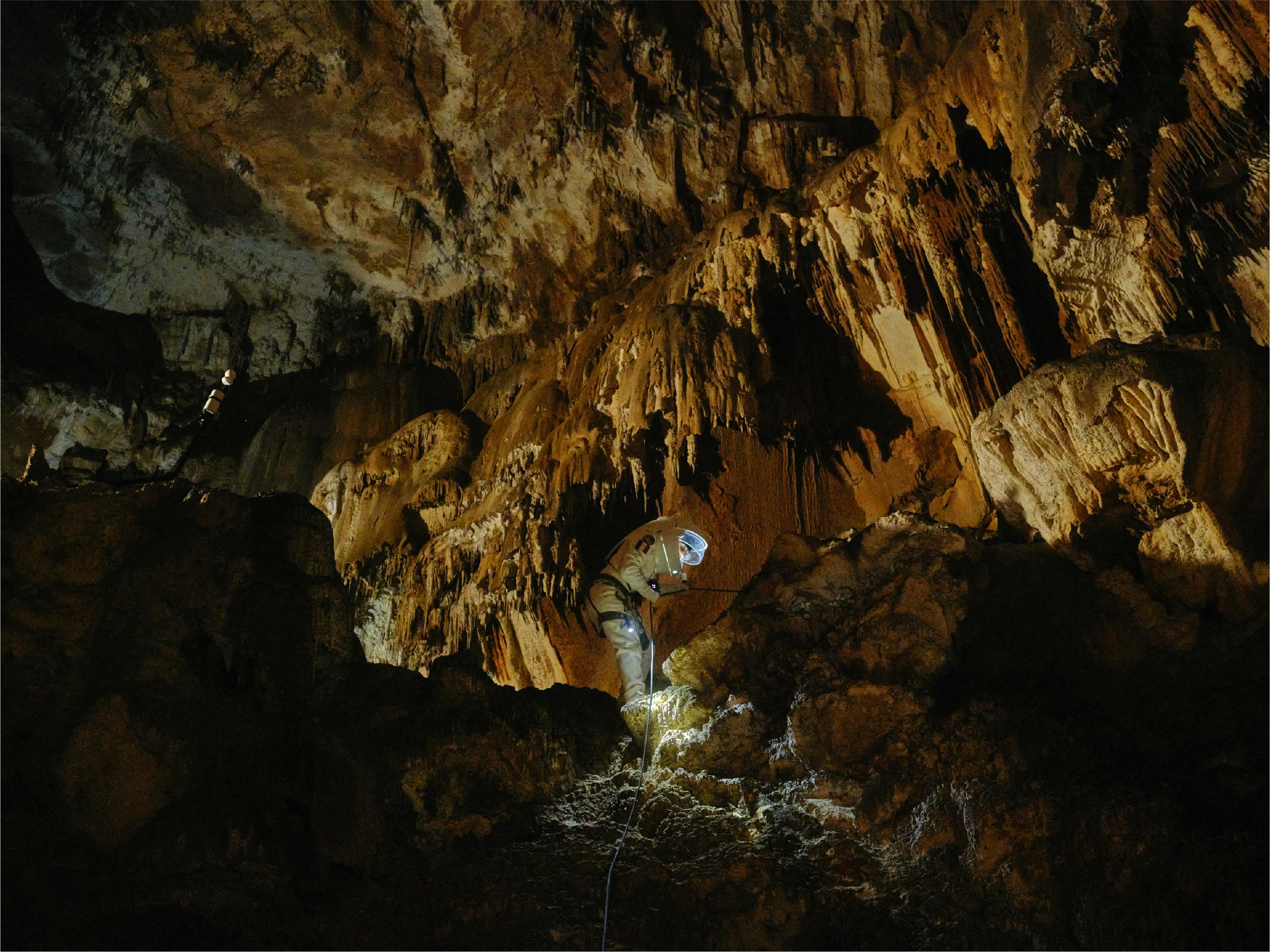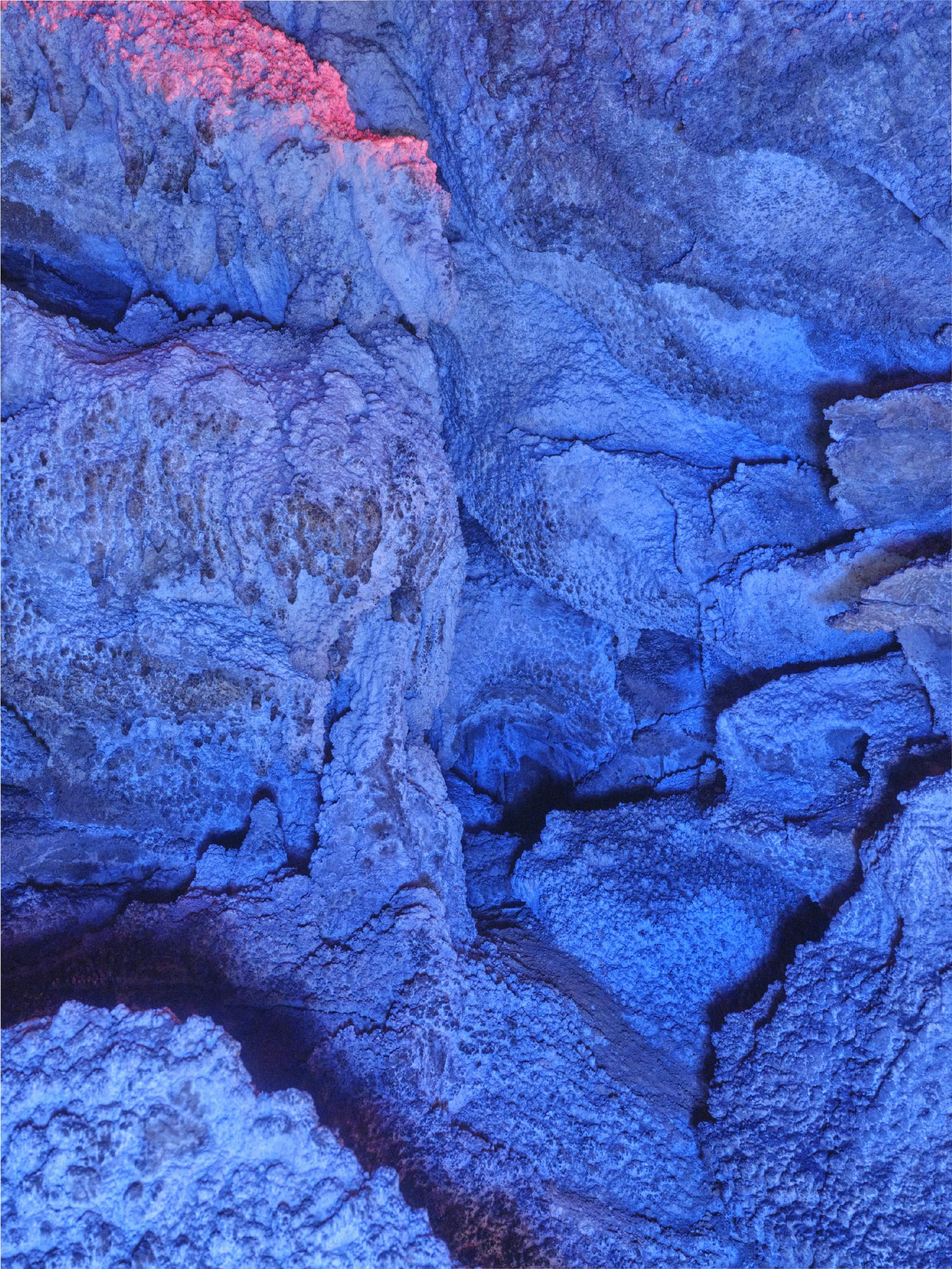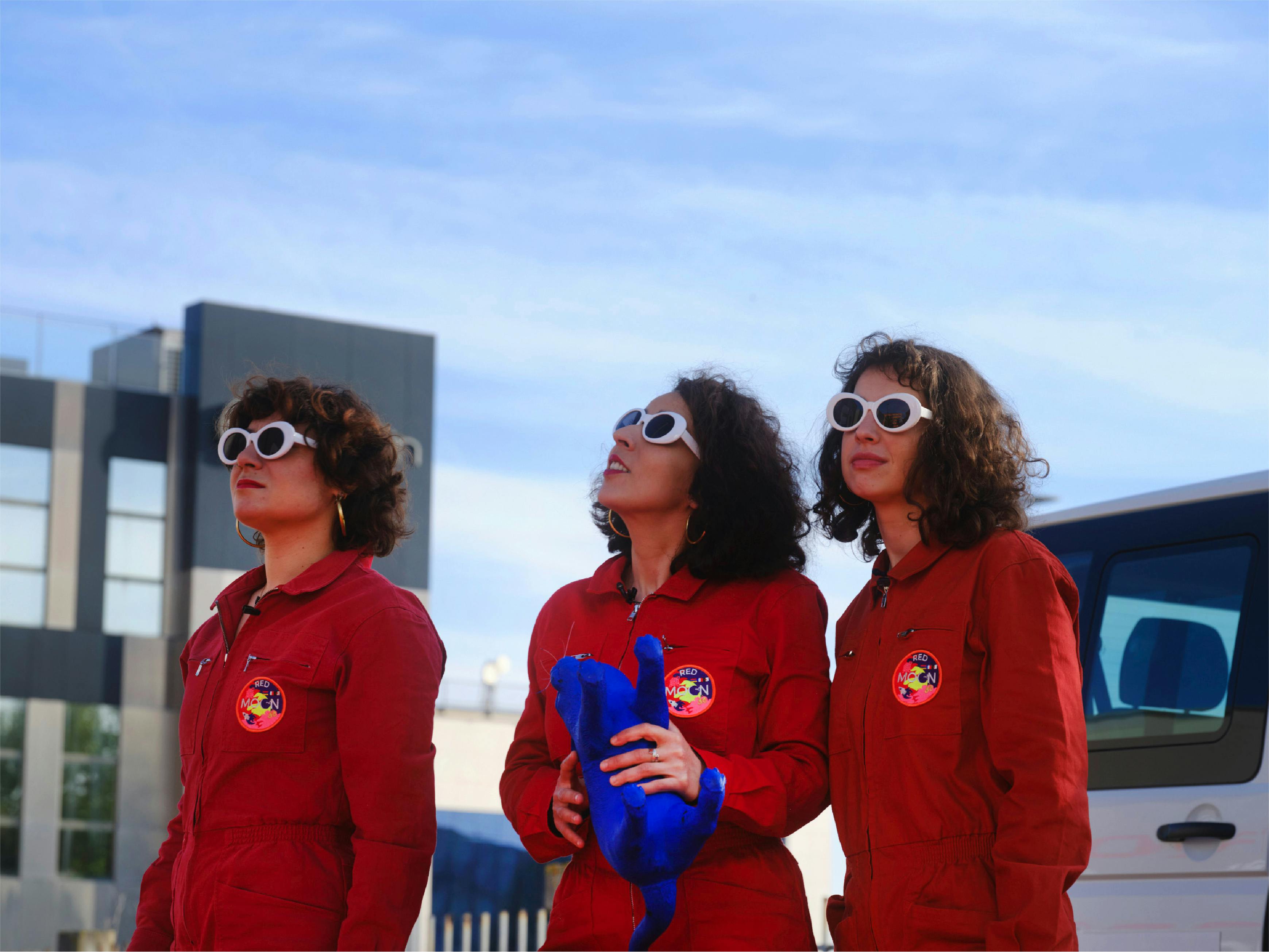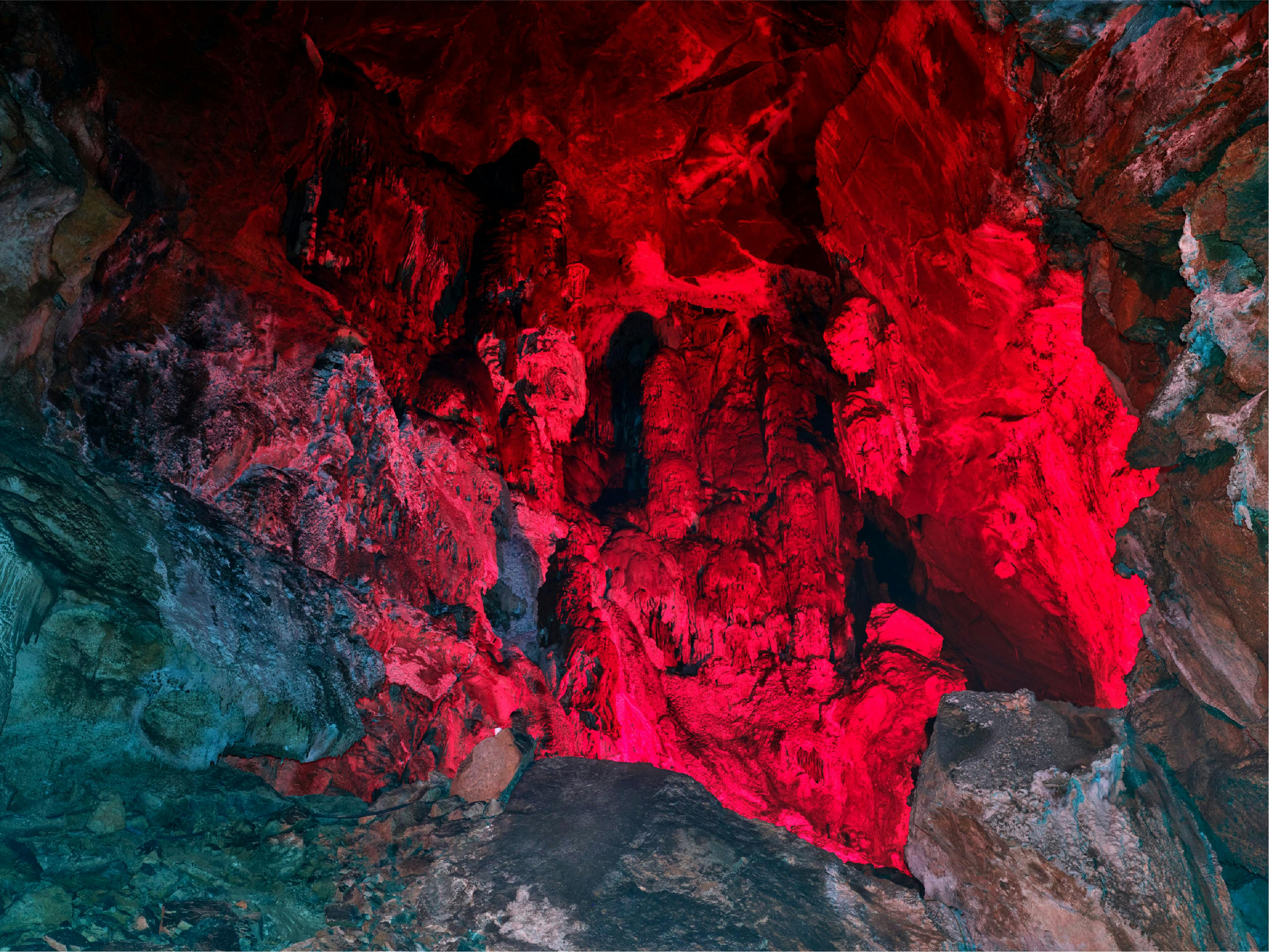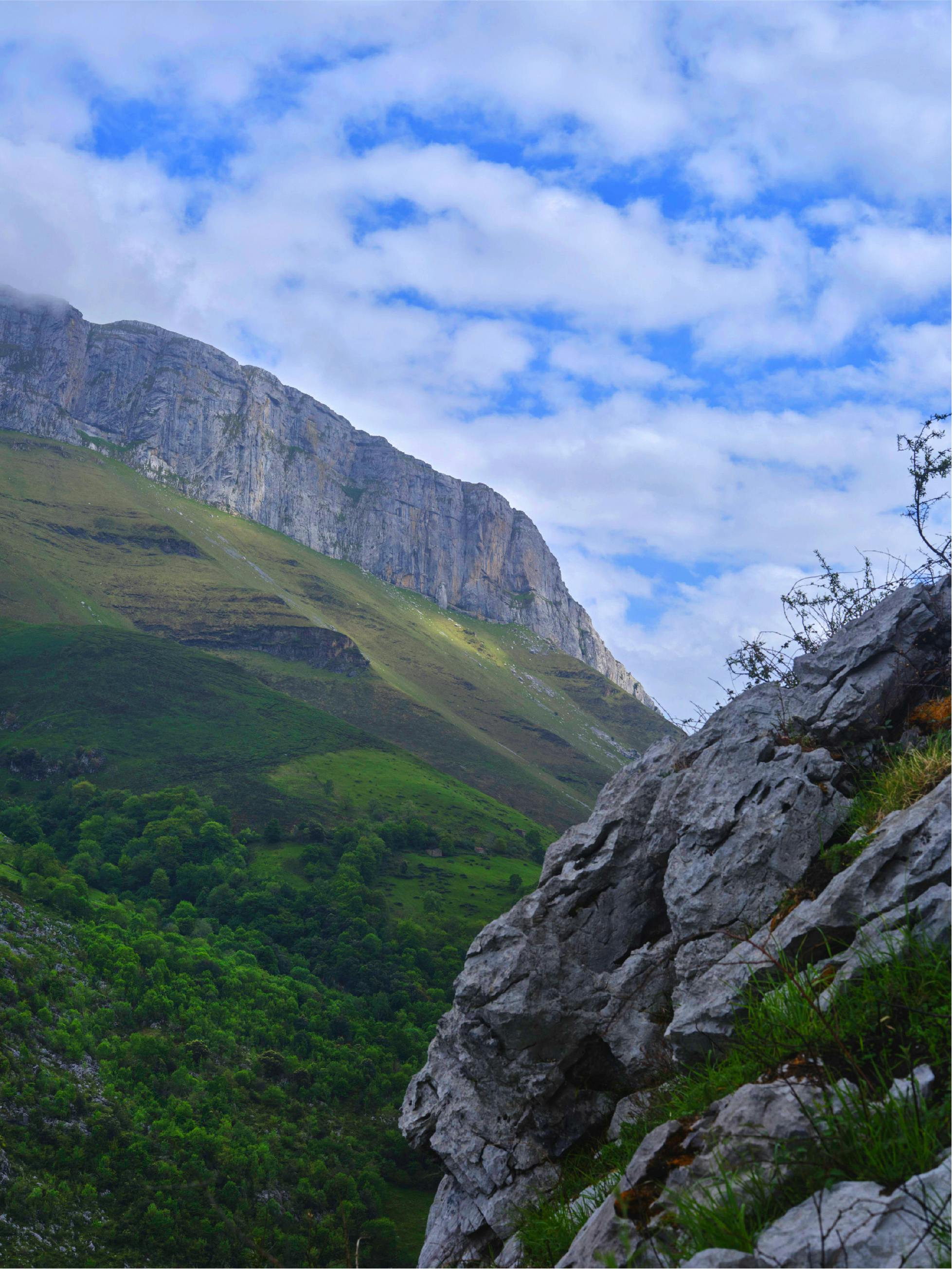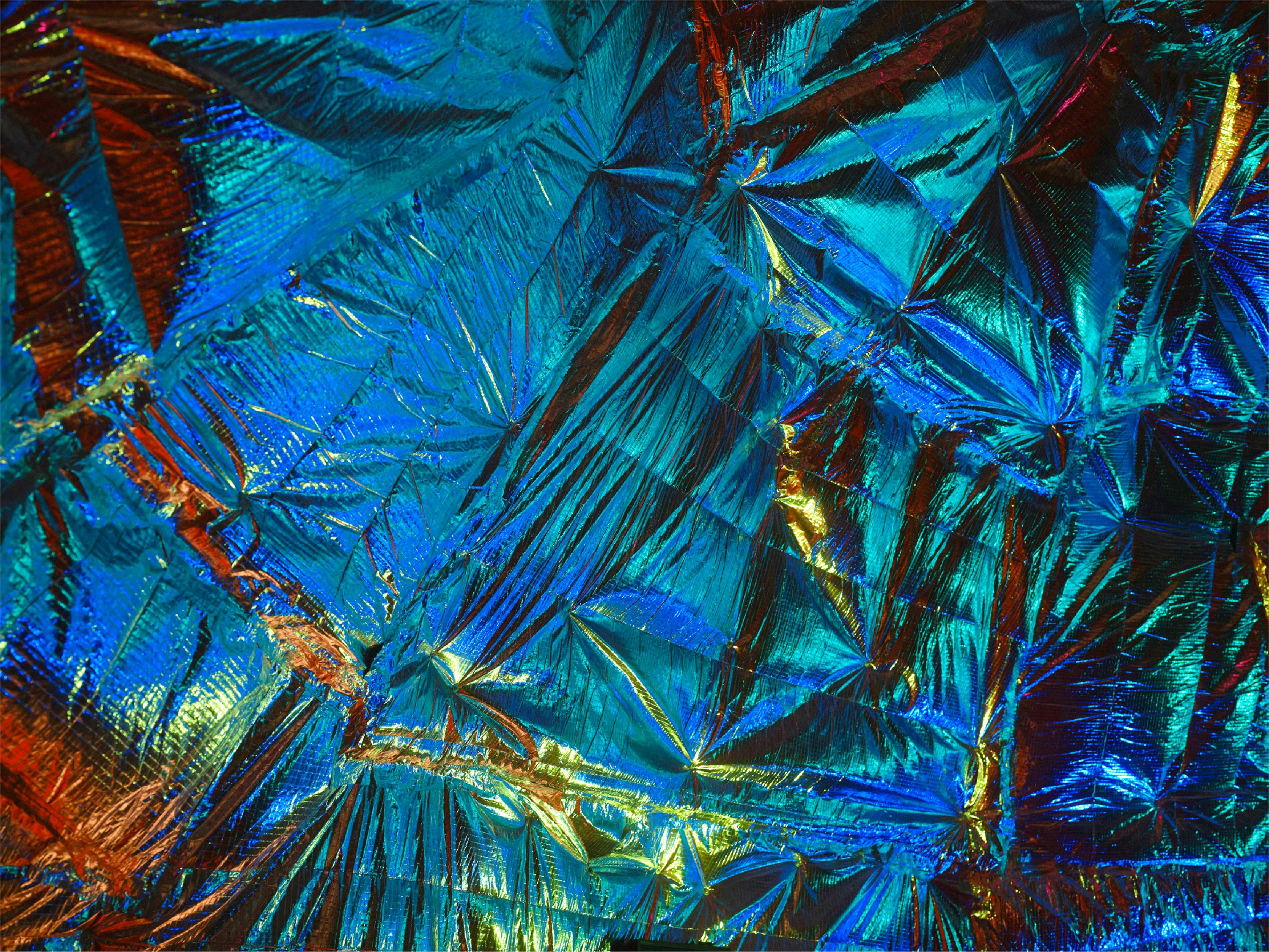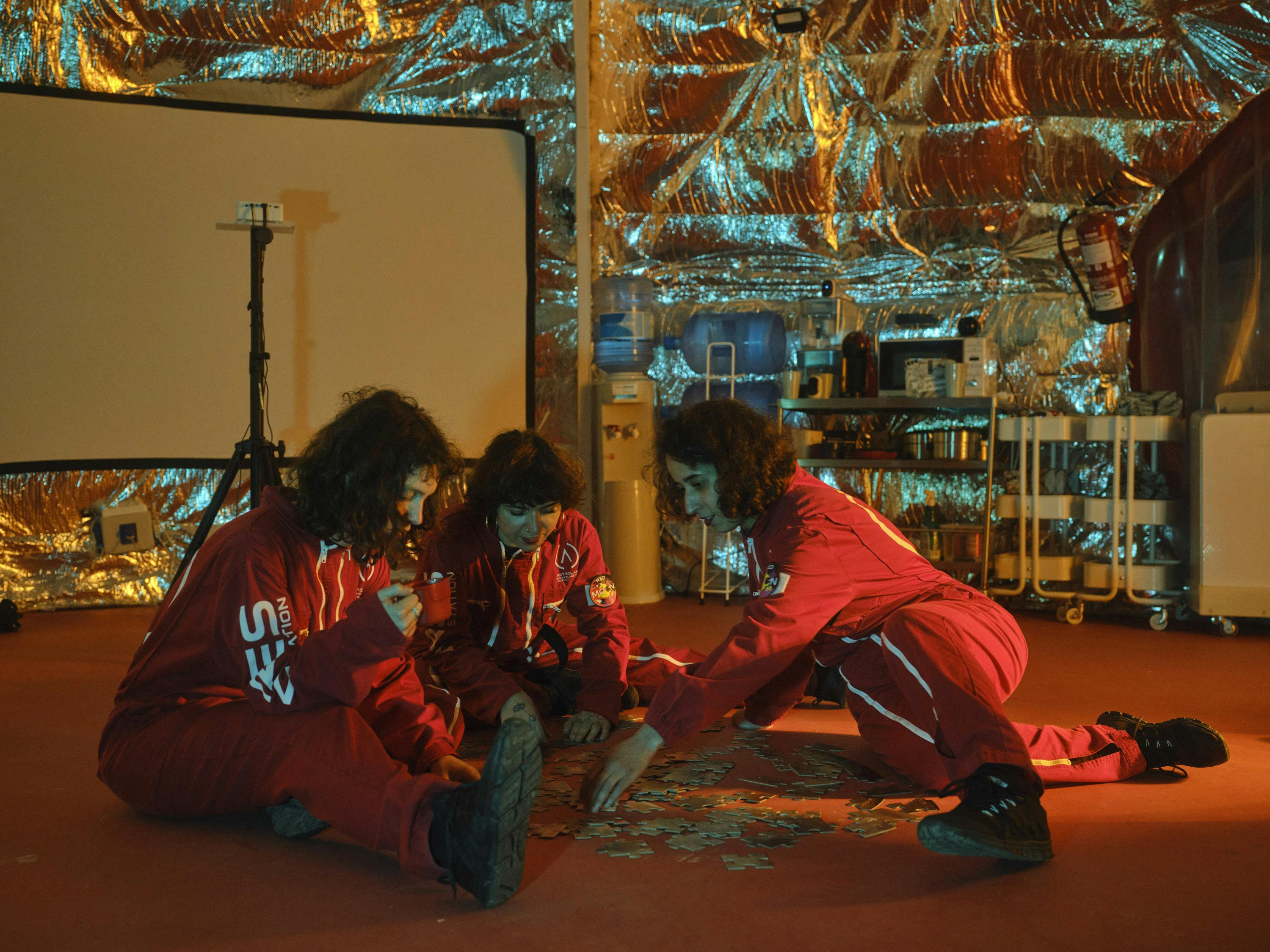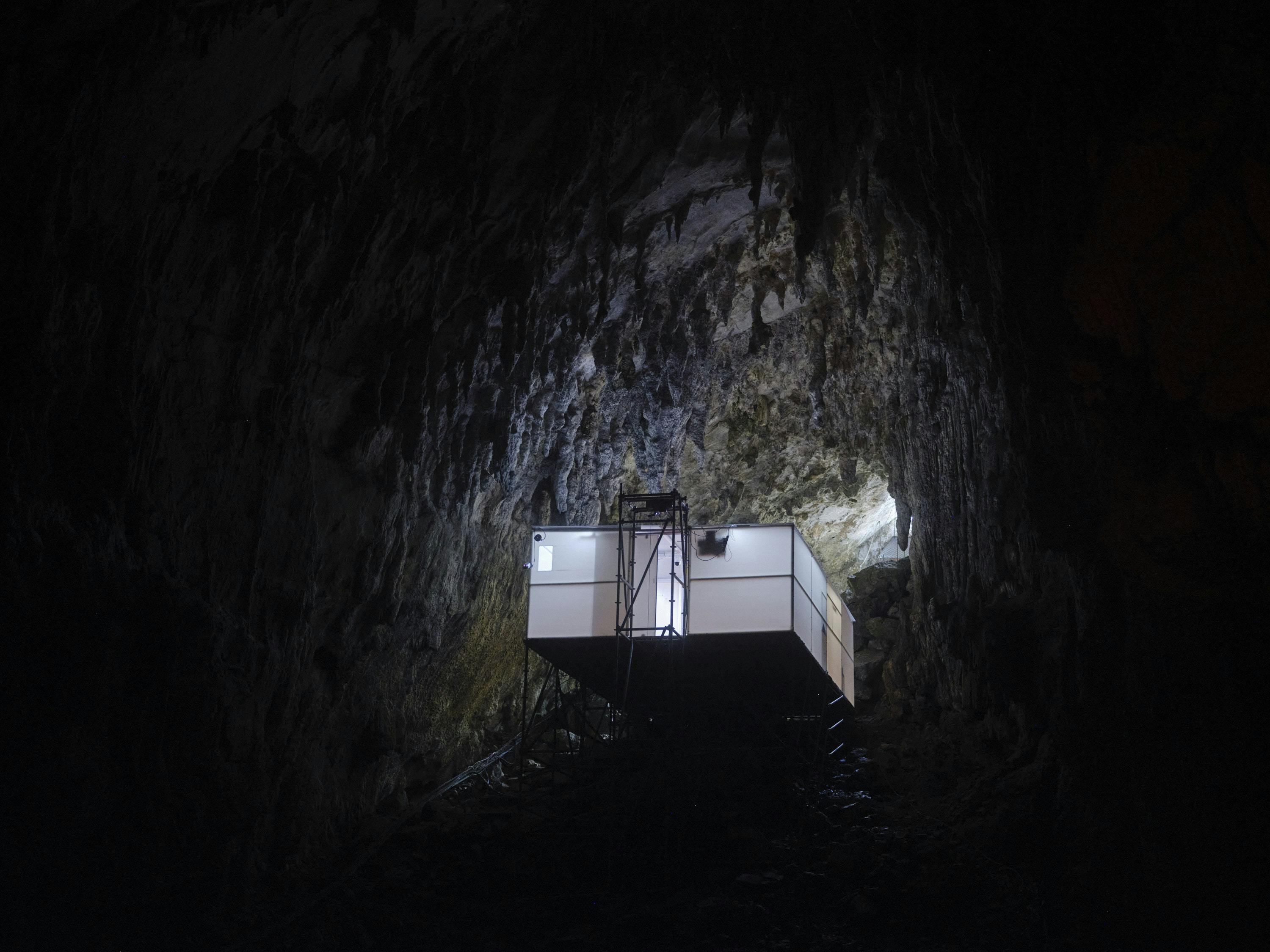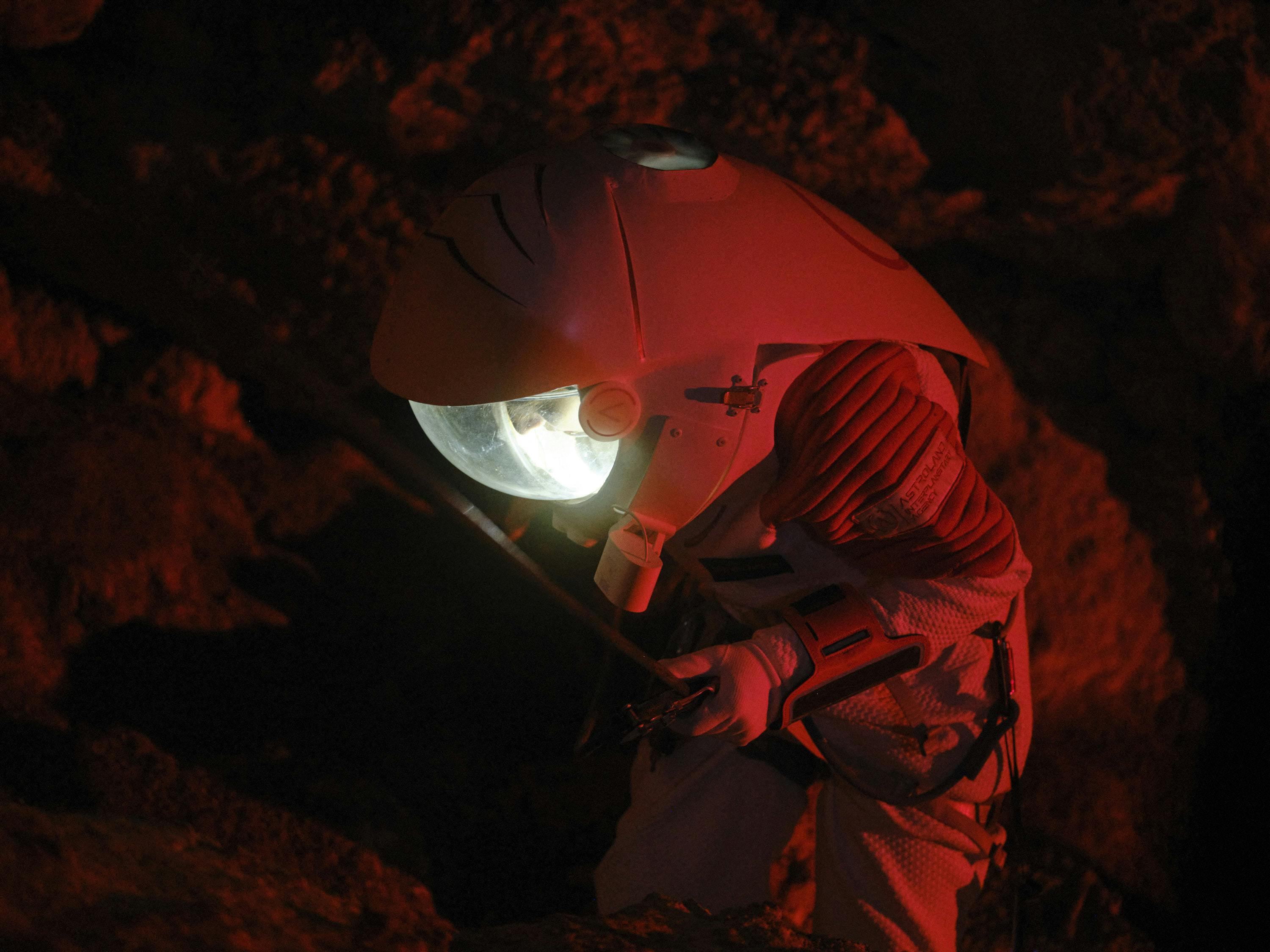Can the experience of the past help us imagine new futures in space?
Three doppelgängers meet in outer space to imagine diasporic and queer ecofeminist futures.






UPCOMING SCREENINGS
Doppelgängers³ USA Tour with Frameline Distribution . [PERFORMANCE + SCREENING+ Q&A ] 🇺🇸
TICKETS HERE
📍 Los Angeles – Saturday 18 October @artcenteredu
📍 San Francisco – Sunday 19 October @roxie_theater
📍 Miami International film festival– monday 20 October @ocinema
@framelinefest
🎬 Queerfilm Festival Bremen 2025 – Doppelgängers³ [Screening]
📍 Bremen, Germany, Germany 🇩🇪
Saturday 25 October
@queerfilm_festival_bremen
🎬 Doppelgängers³ [Screening]
📍 Barbican, Cinema 3, London, UK 🇬🇧
Wednesday 29 October – 8:45 PM BOOK HERE
@barbicancentre
🎬 Doc Screen by Scottish Documentary Institute/ Doppelgängers³ [Screening + Zine fair]
📍 Filmhouse, Screen 3, Edinburgh,Scotland, UK 🏴
29th October, Filmhouse
@scottishdocinstitute
🎬 Gender Bender International Film Festival/ Doppelgängers³ [Screening ]- ITALIAN PREMIERE
📍 Cinema Modernissimo at the Cineteca di Bologna
Monday, November 3rd at 8:00 PM
@gender_bender_festival
Sign up for our newsletter to receive updates on all upcoming screenings.
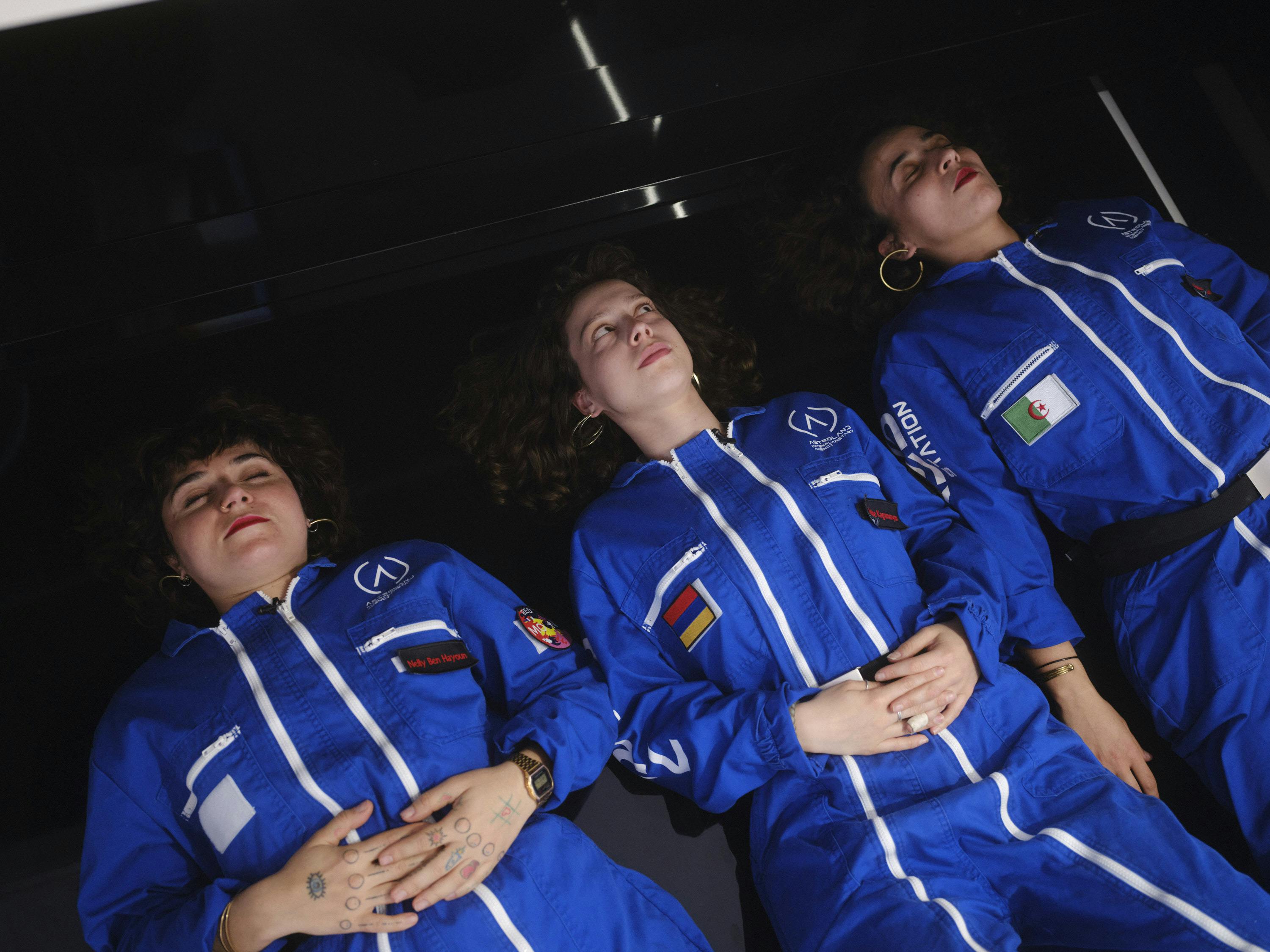
Doppelgängers³ draws on the experience of diasporas to challenge the commercialisation of the moon.
Throw away all common sense and tap into your madness as you follow Dr. Nelly Ben Hayoun-Stépanian ⎯ a London-based artist and educator of Armenian and Algerian descent ⎯ on a fascinating journey to build a new civilization on the moon. Along with her doppelgängers, Myriam and Lucia, Nelly challenges us to defy power structures and reject planetary exploitation by letting go of the constraints of borders, gender, and religion to embrace what diversity could be in the vast landscape of our imaginations.
Prior to their mission, Nelly and her parallel version of self speak with a wide-ranging collection of experts. There’s an LGBTQ+ rights activist, an astronomer, a political scientist, an archaeologist who also makes wine, a theoretical physicist, an environmental designer, a horror filmmaker, and a mathematical economist. They are all crucial to their quest to uncover the key to a queer, eco-feminist future devoid of generational trauma, colonization, and imperialism. However, as the analog space mission takes unexpected turns, the future remains as uncertain as the condition of Schrödinger’s Cat.
Featuring the music of Pussy Riot and Colin Self, Doppelgängers³ had its world premiere at the SXSW Film Festival 2024.
Photos by Nick Ballon
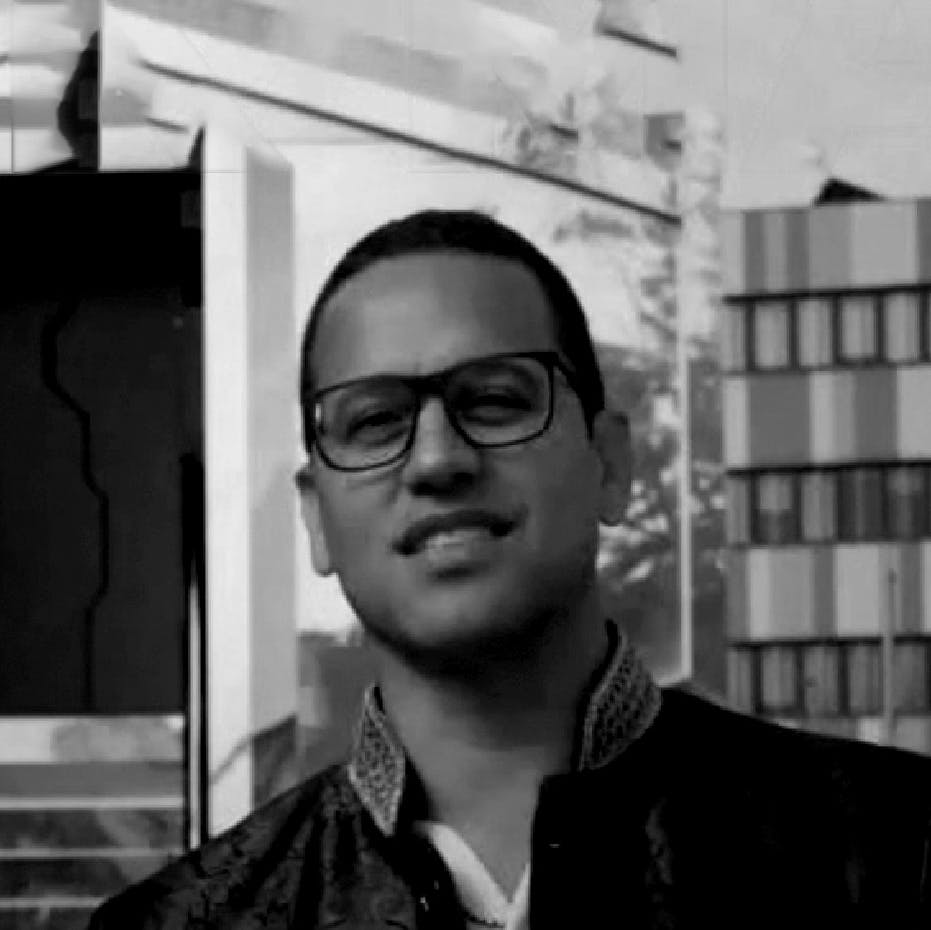
Astronomer and Planetary Scientist
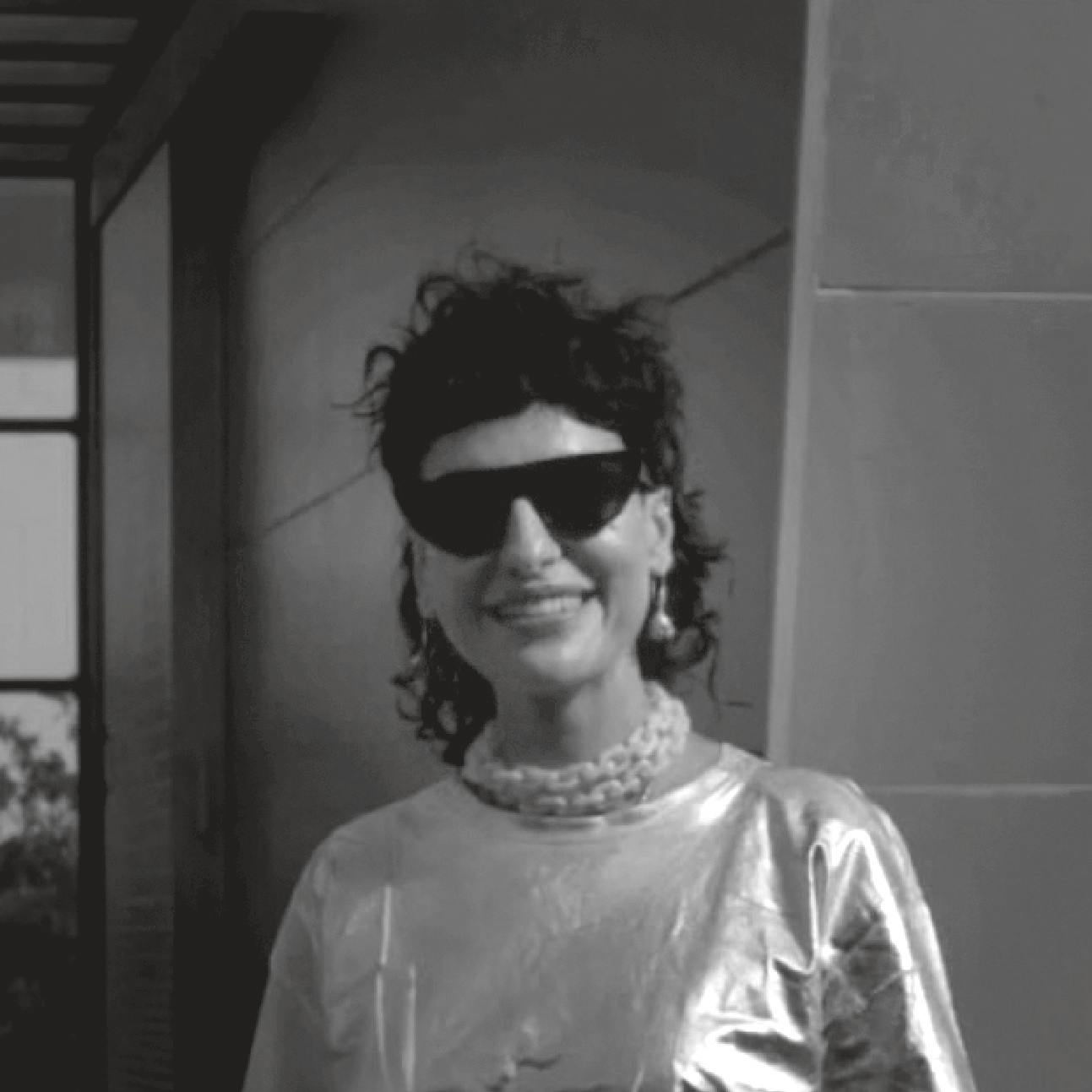
Aerospace Engineer
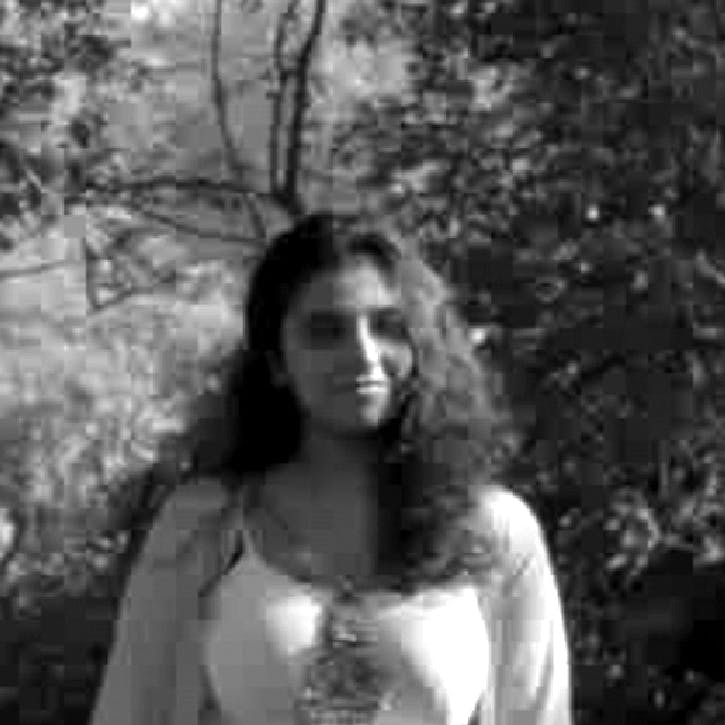
Transdisciplinary environmental designer
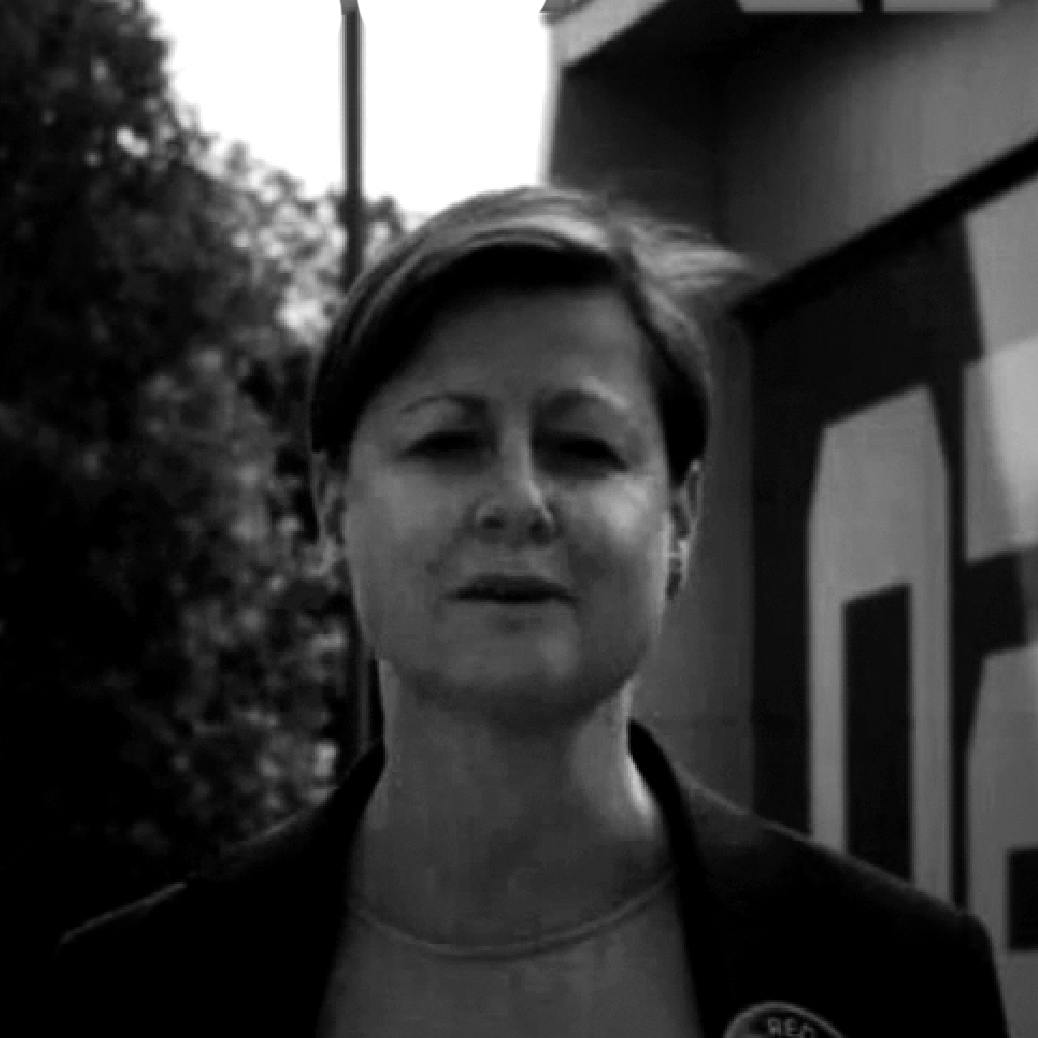
Trauma Specialist
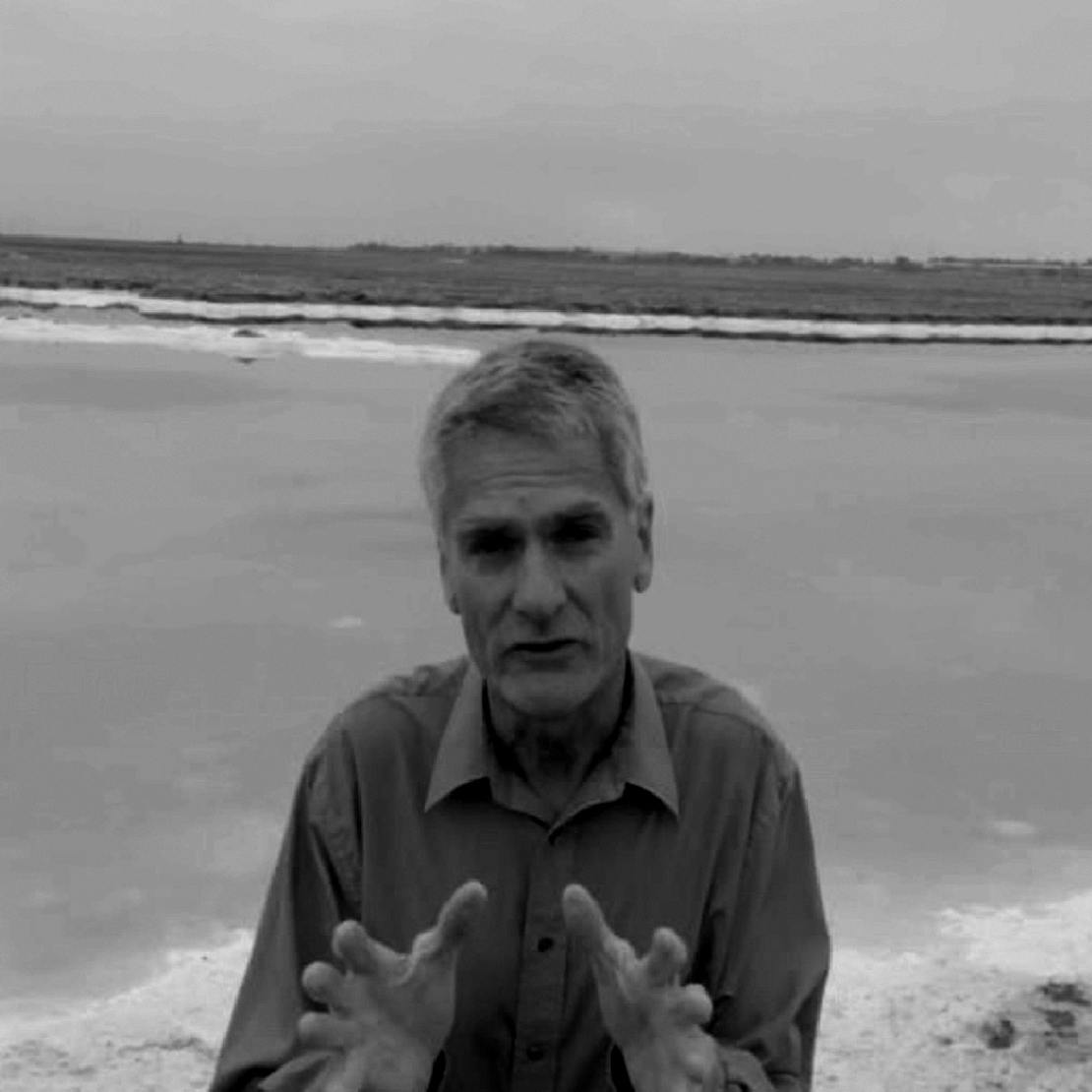
Planetary Scientist
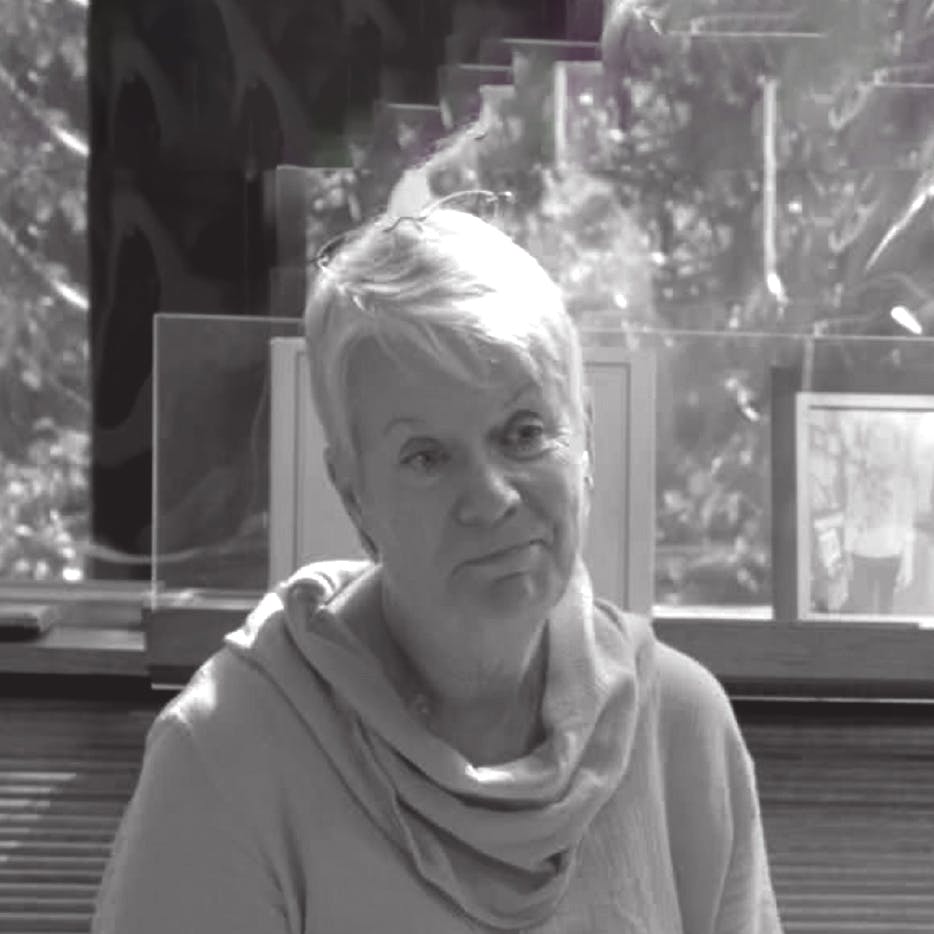
Co-founder of the SETI Institute (Search for Extraterrestrial Intelligence Institute), Astronomer
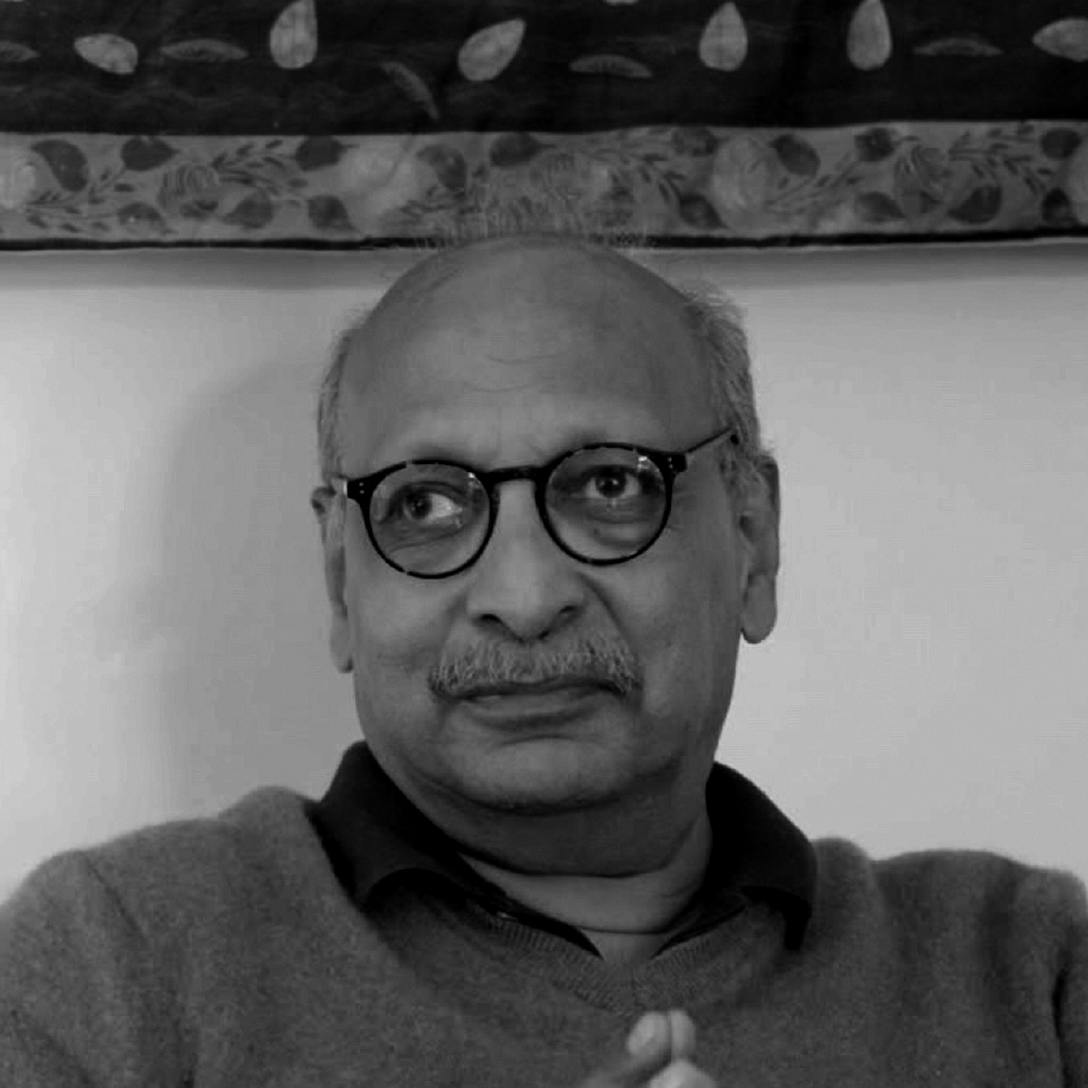
Professor of Political Science
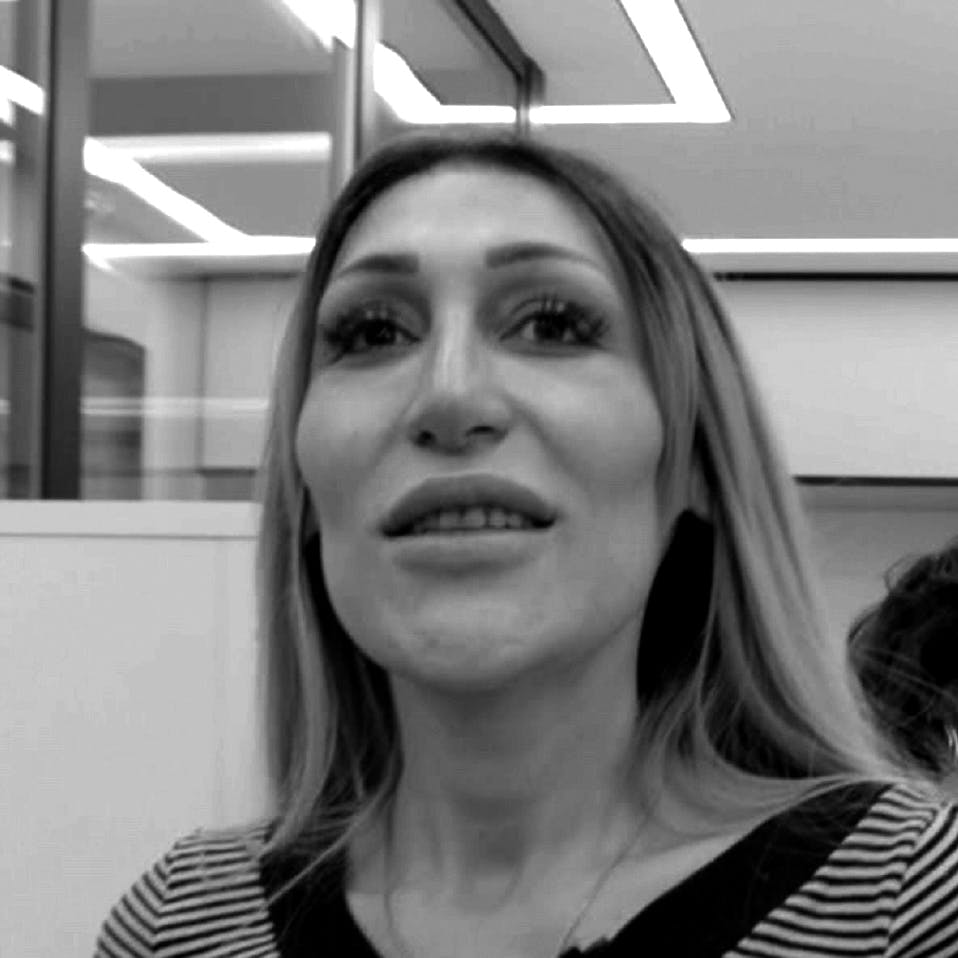
Armenian LGBTQ+ Activist, Founder of the Right Side NGO
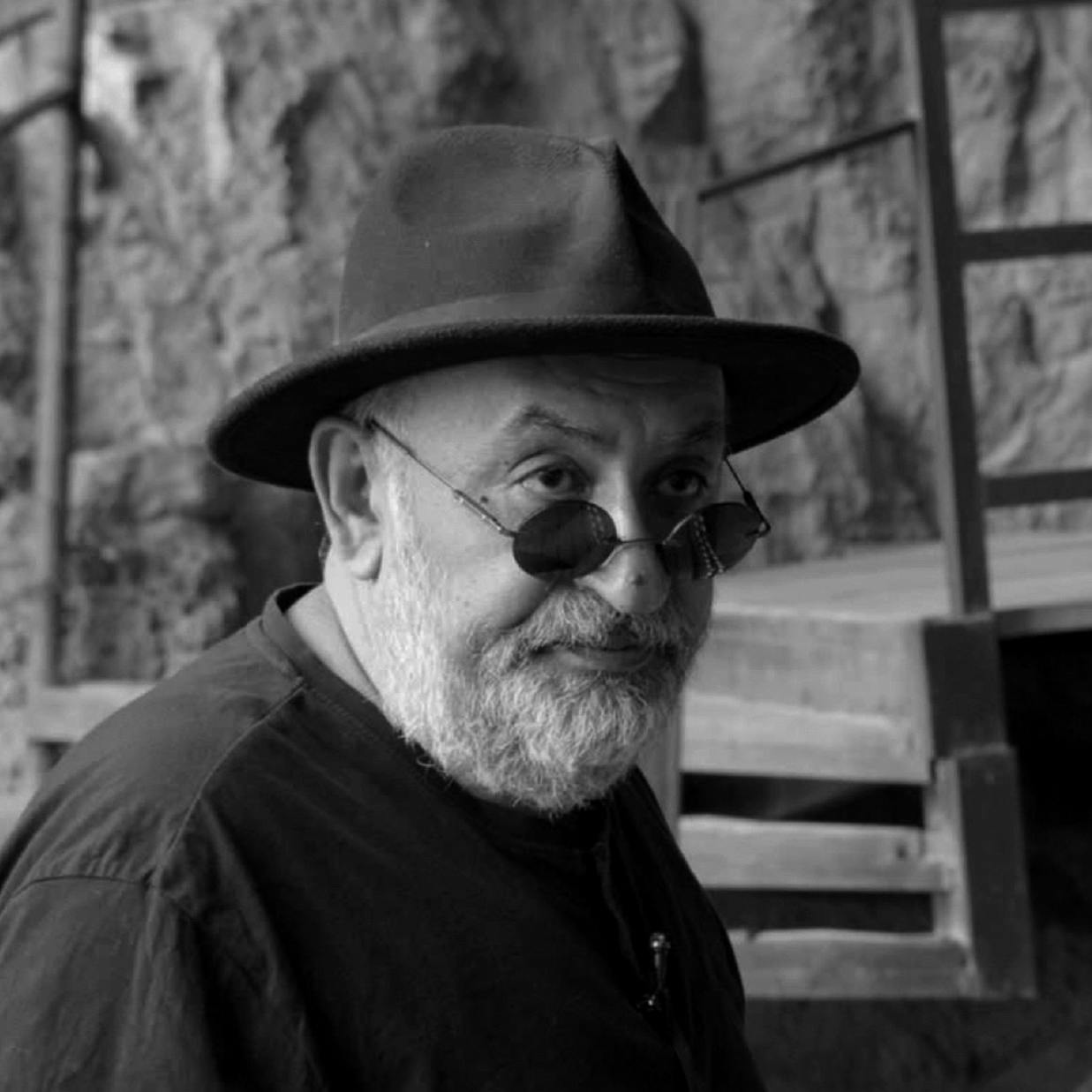
Archeologist
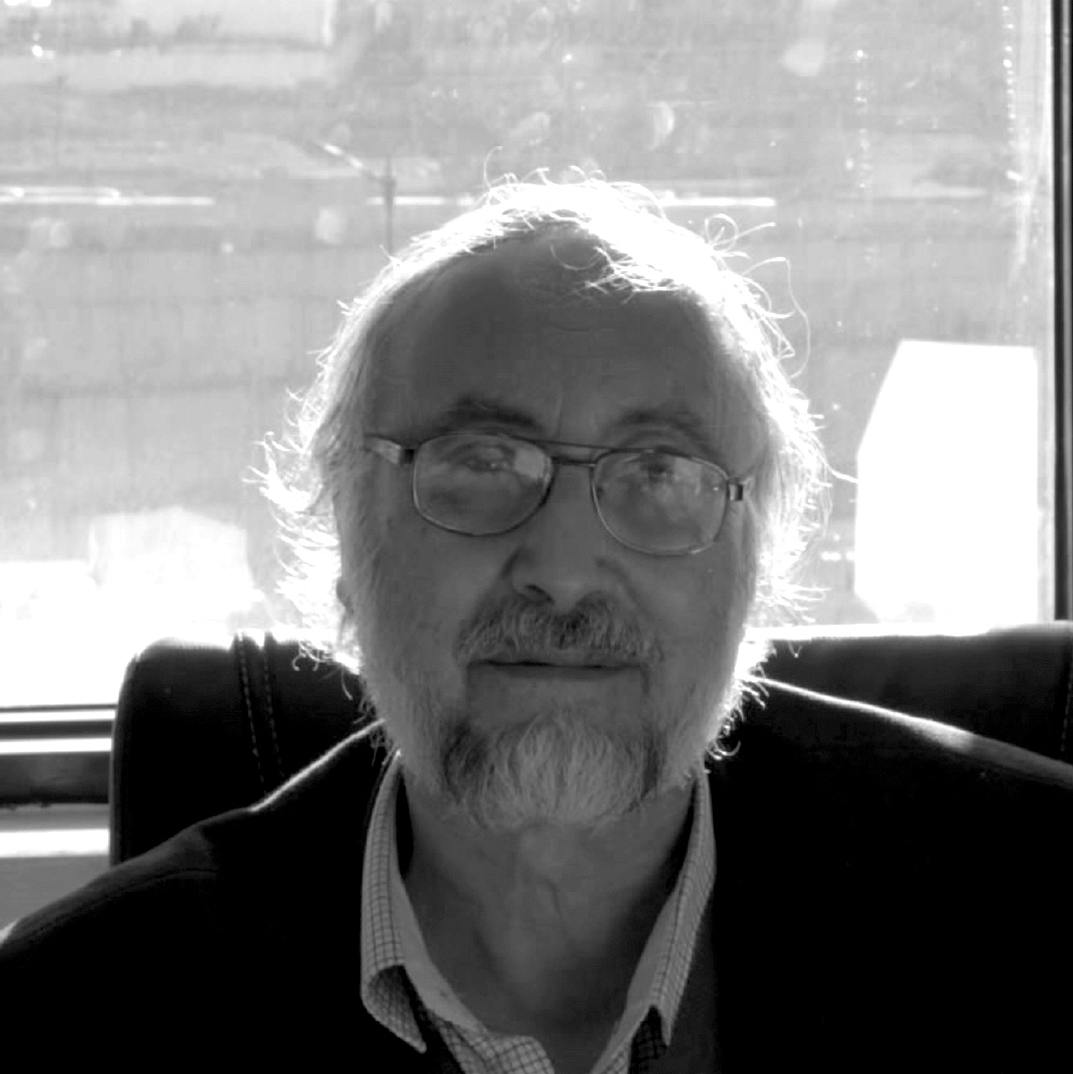
President of the African Astronomical Society (AFAS) and Astrophysicist, Algeria
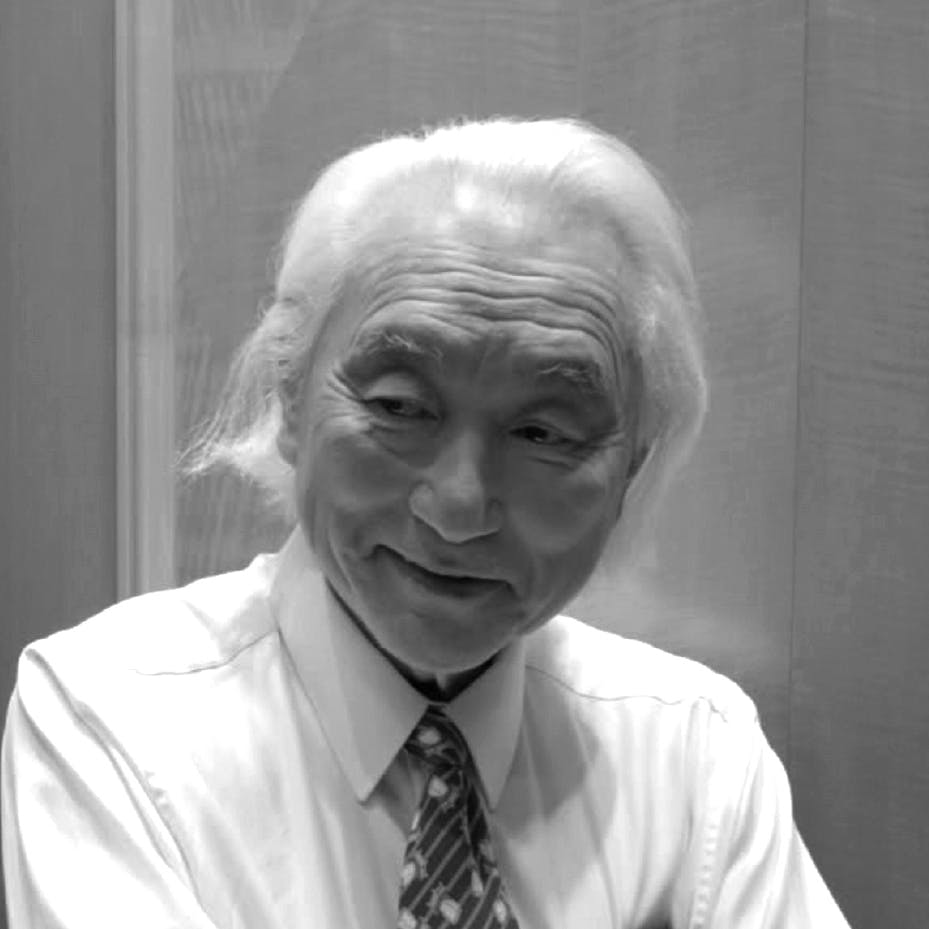
Professor of Theoretical Physicist, futurologist
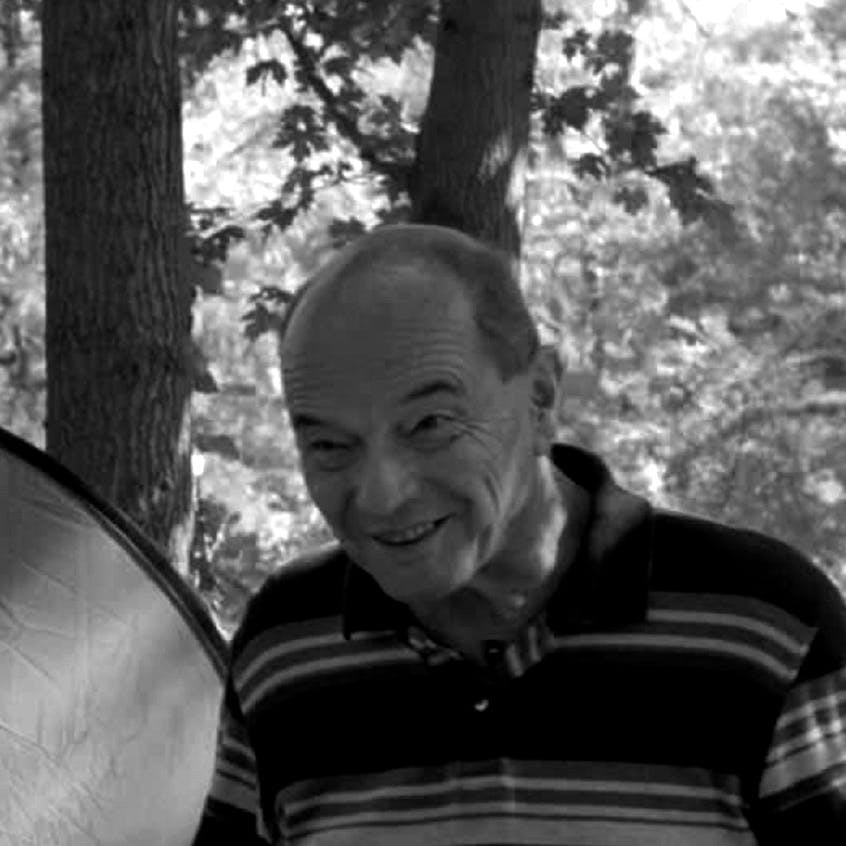
Leading scientific researcher at Yerevan Botanical Garden
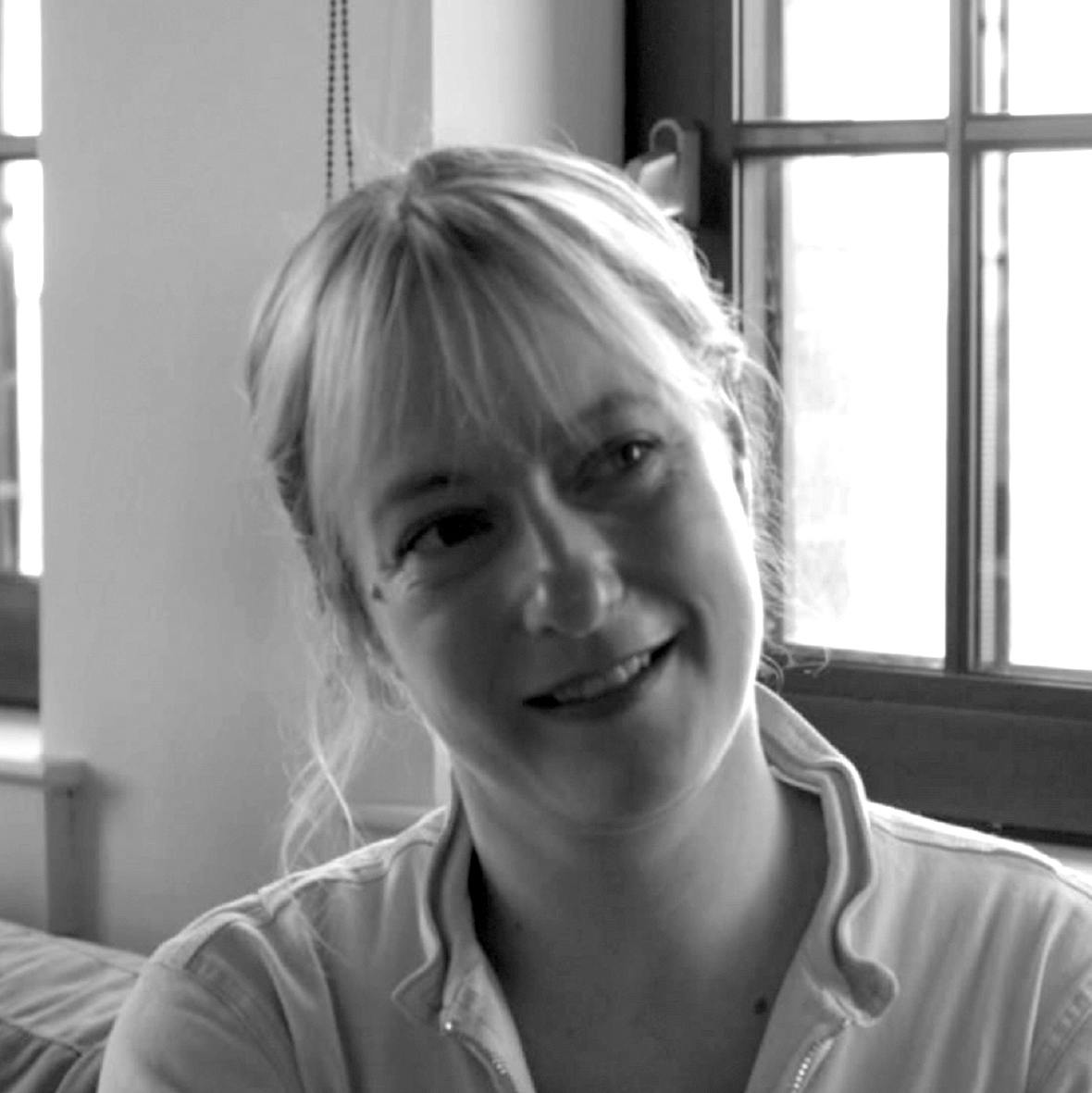
Filmmaker, Writer, Curator
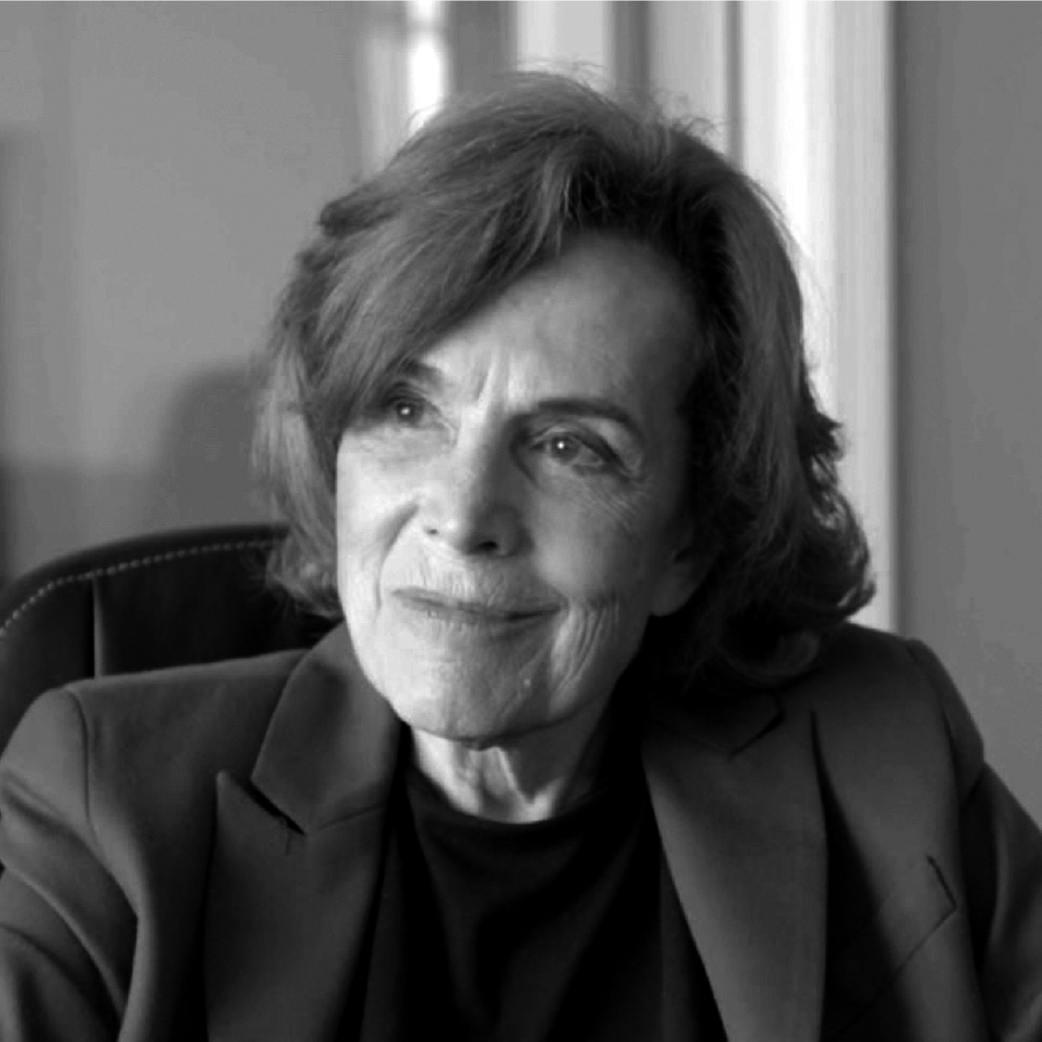
Legendary Aquanaut and marine biologist
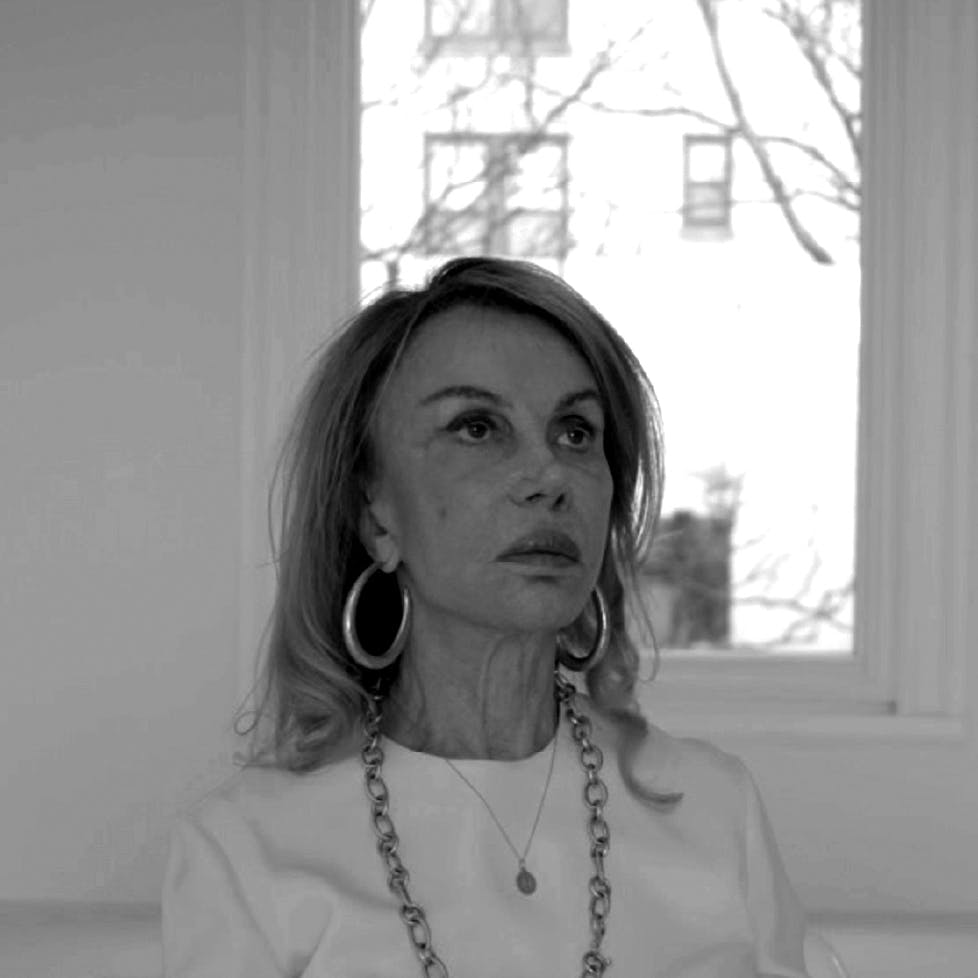
Professor of Economics at Columbia University
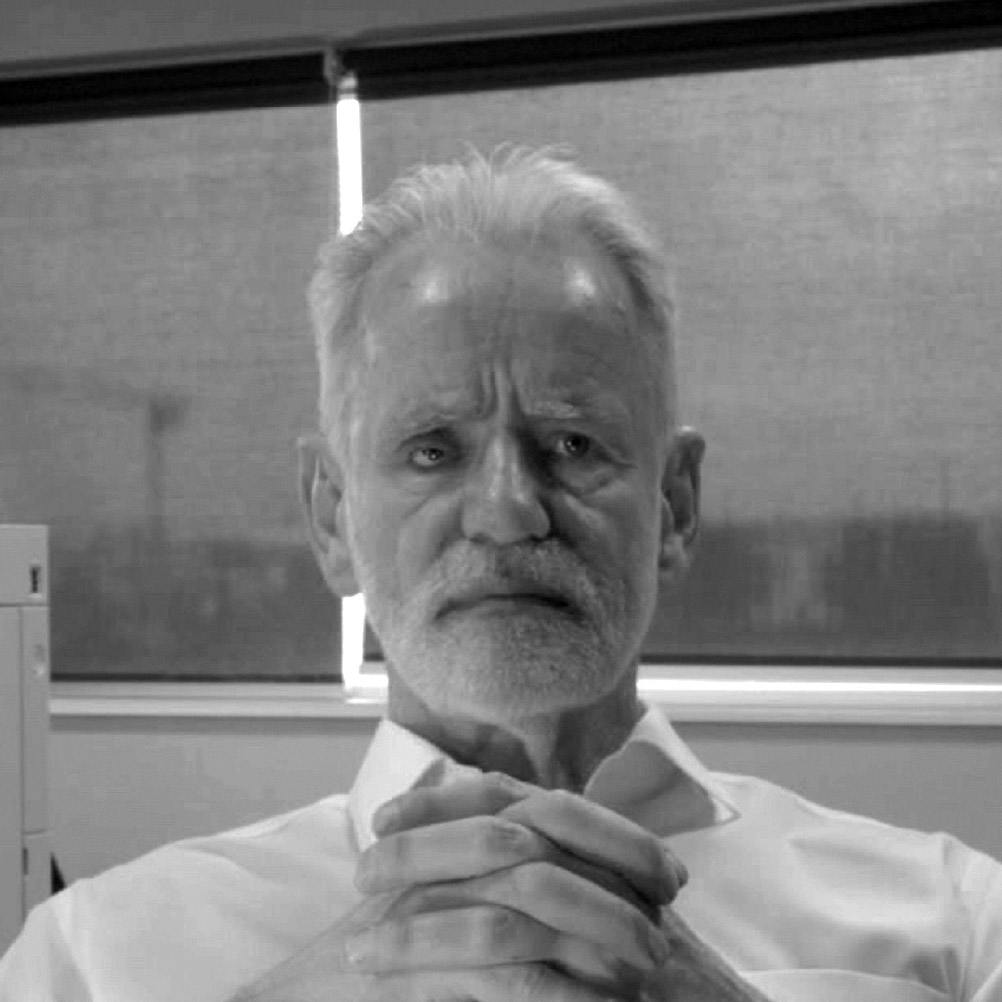
Neurologist, CEO at deCODE Genetics
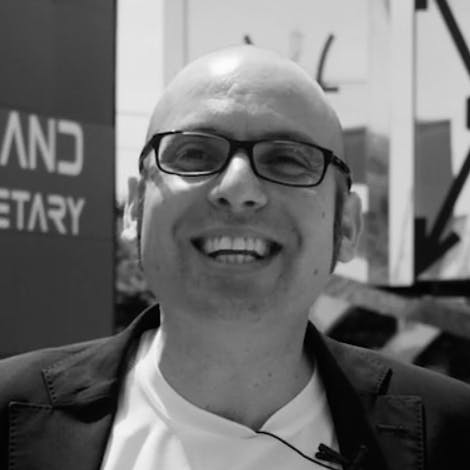
CAPCOM at Astroland Agency
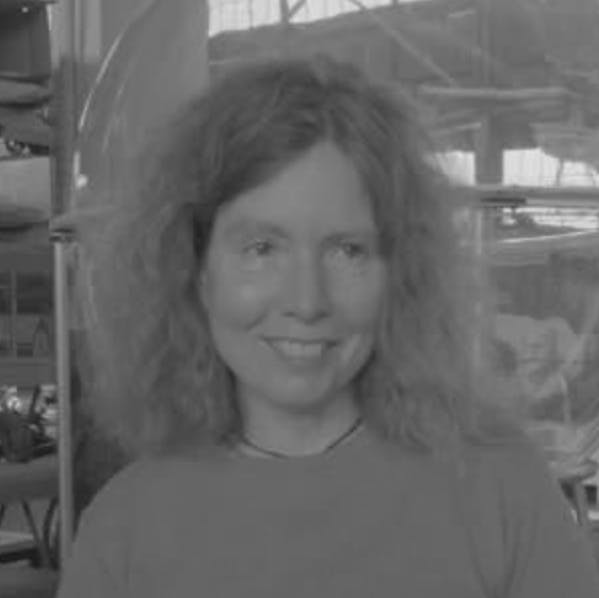
President of Doer Marine
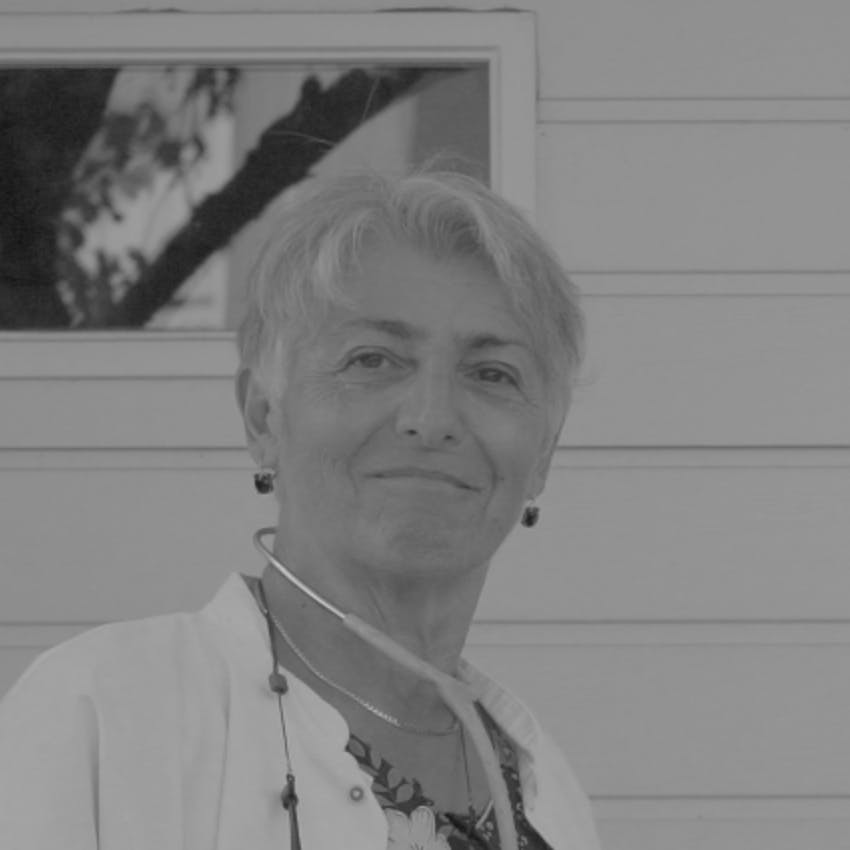
Nelly's mum
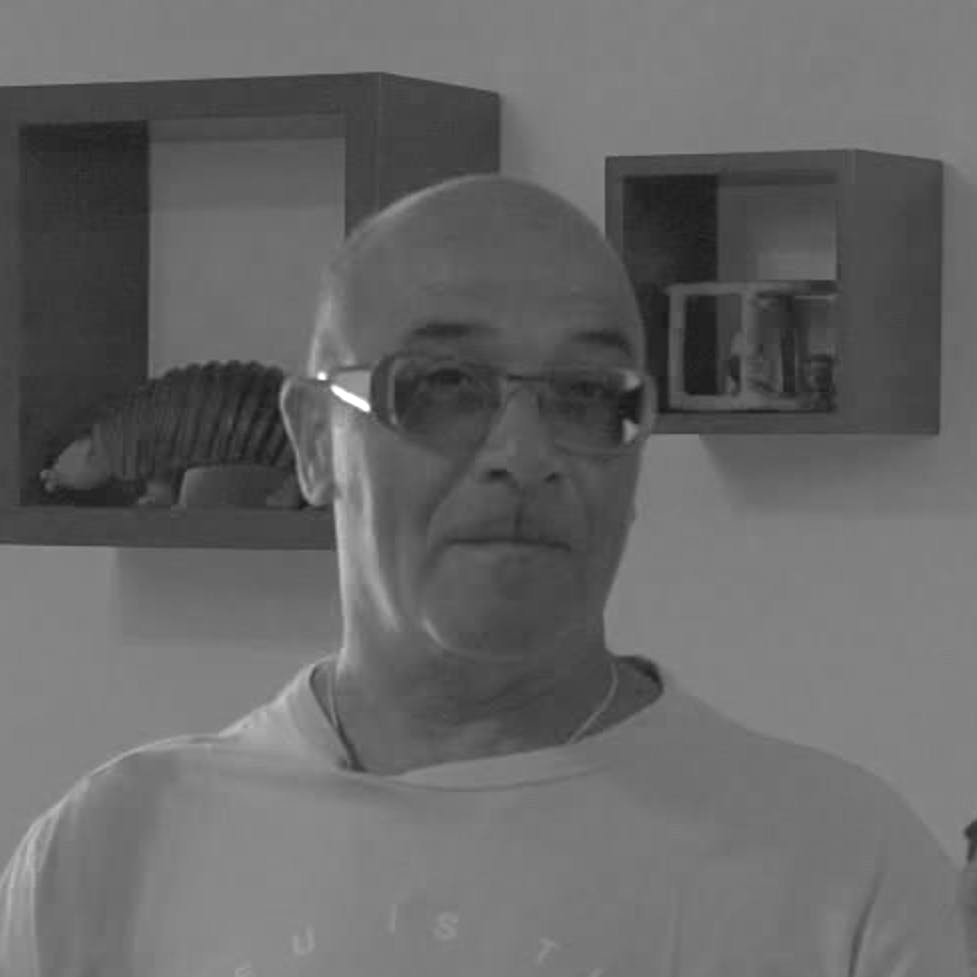
Nelly's dad
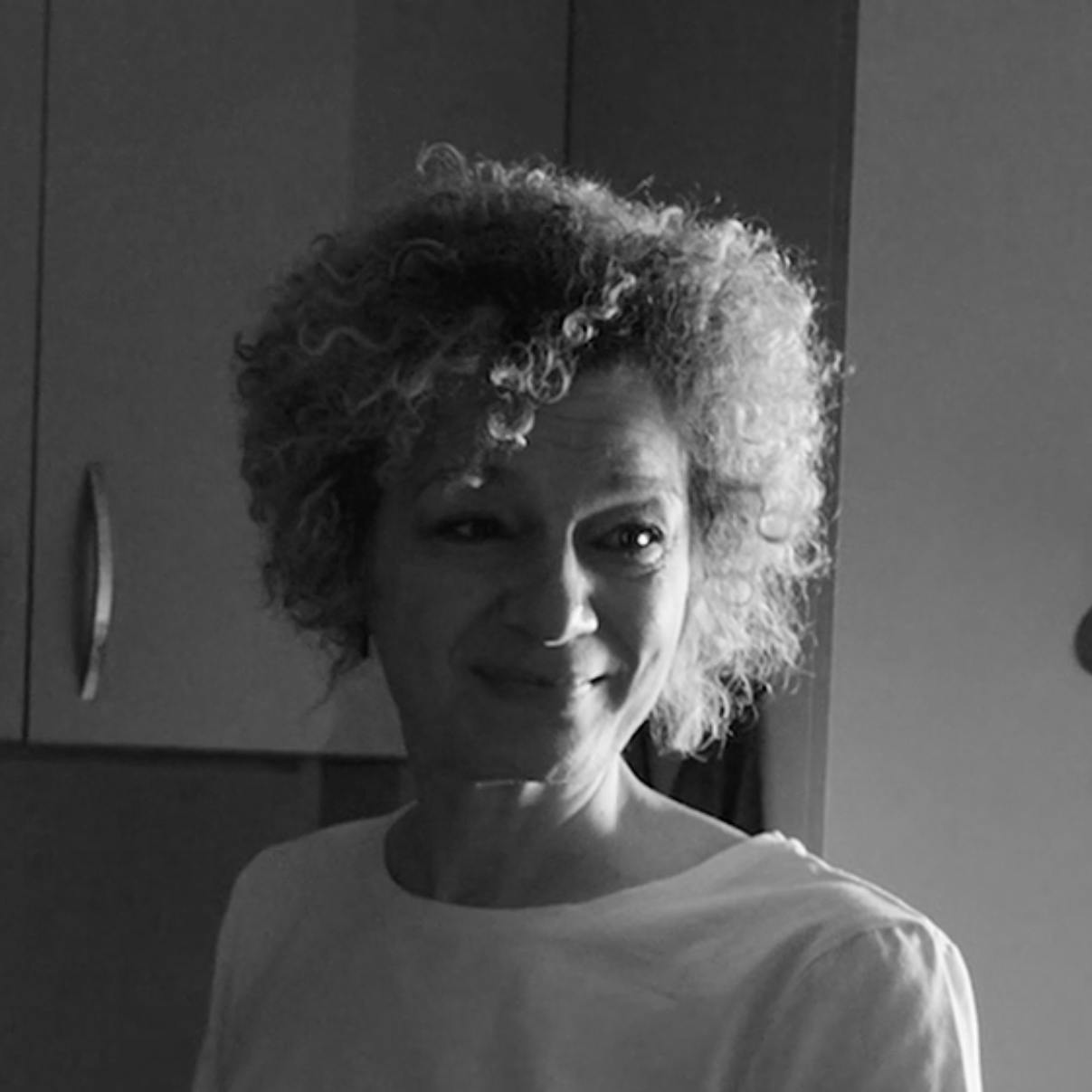
Lucia’s mum
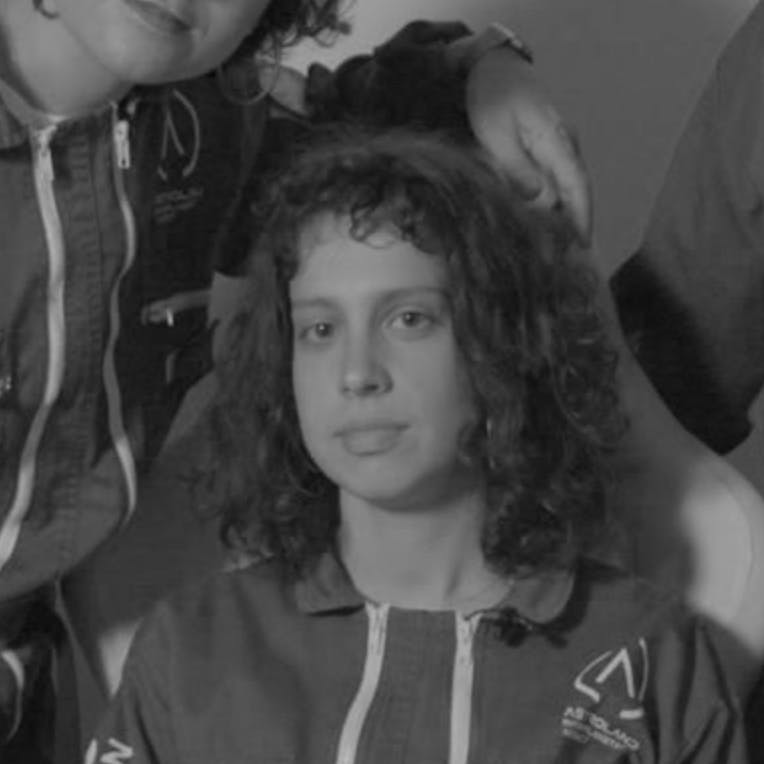
Musician and Doppelganger
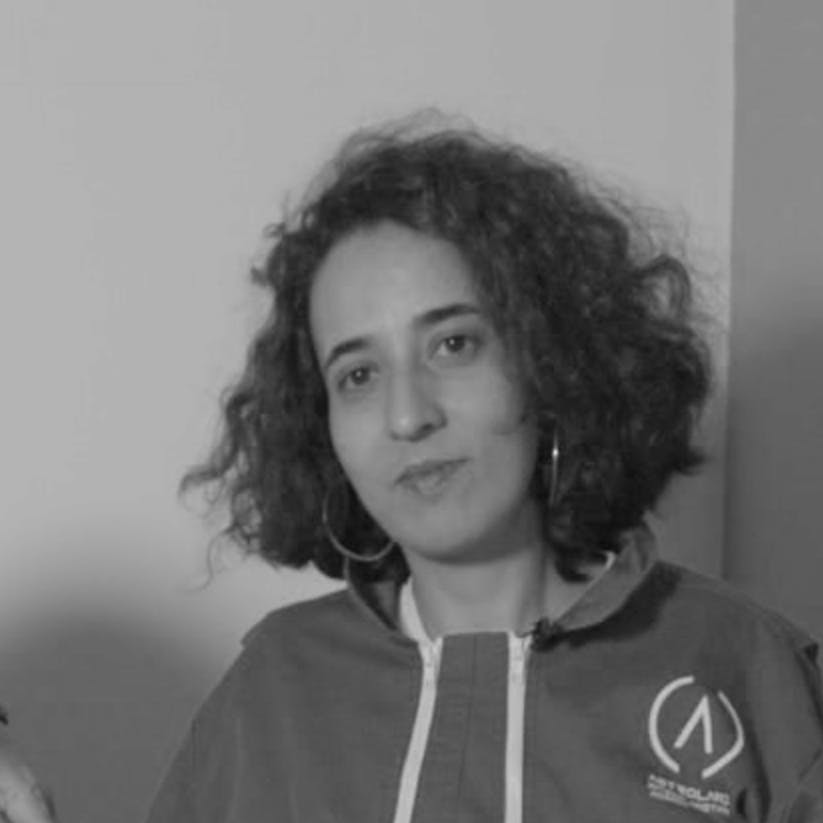
Curator and Doppelganger
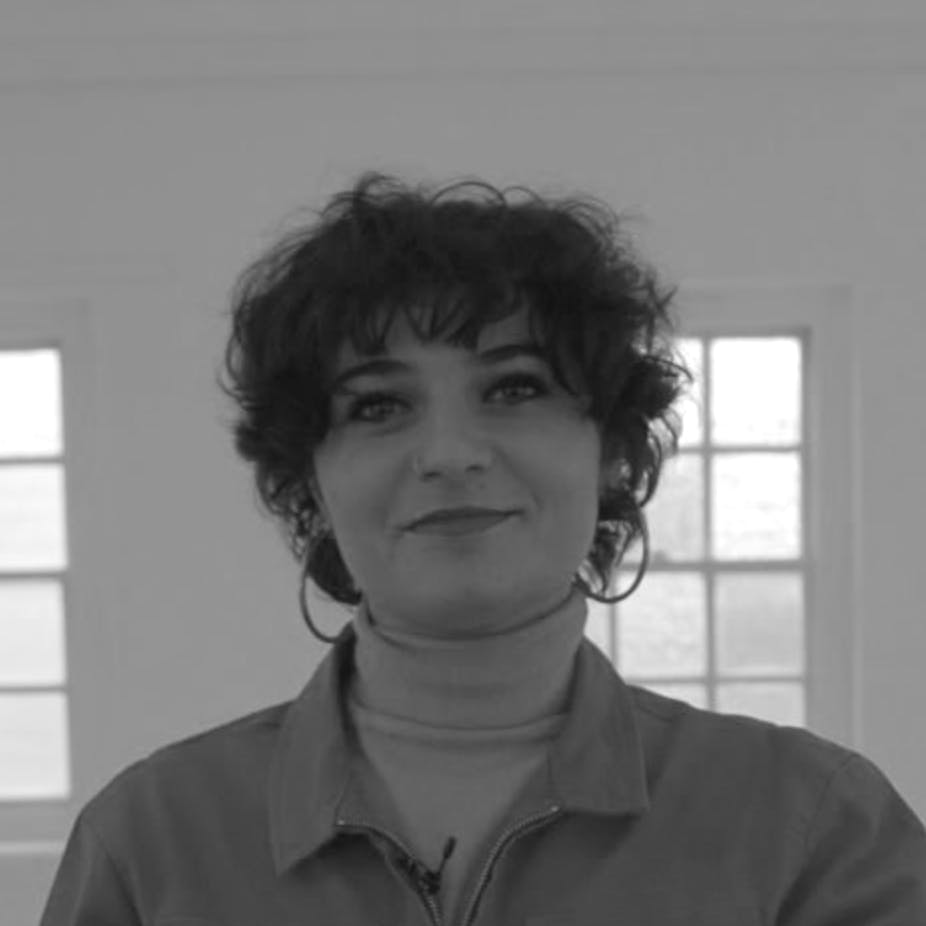
Designer of Experiences and Doppelganger
Nelly Ben Hayoun-Stépanian
Fiona Braillon
Sandra Whipham
Christopher Hird
Sandra Leeming
Luke Moody
Victoria Adams
Nelly Ben Hayoun-Stépanian
Xanna Ward Dixon
Rachel Roberts
Raluca Petre
David Potter
Nick Ballon
Beatrix Blaise
Gene Limbrick
Colm O’Rourke at Sonic Films
Casimir Bowyer
Cliff Rossiter
Dr. Franck Marchis
Amina Castaing
Hamoudi Laggoune
Tatevik Ayvazyan
Victoria Adams
Caroline Smith
Gene Limbrick
Machine
Pussy Riot
Colin Self
Mirrored Fatality
Anna Vartazaryan
Asmodessa Dior
A Grant for This Film Was Generously Provided by the Sundance Institute
Documentary Film Program with support from Sandbox Films


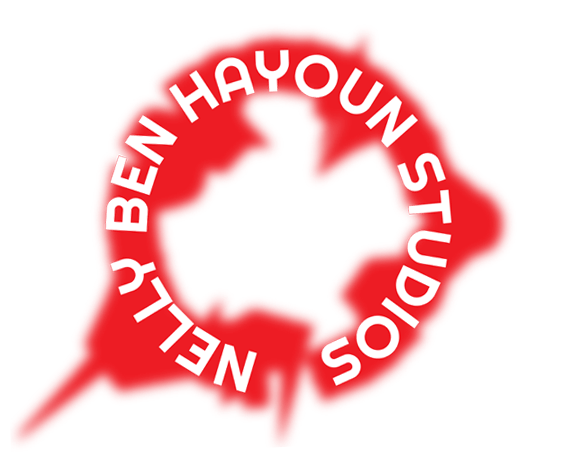

This film was made with the support of the BFI Doc Society Fund

Why did you do this film?
Doppelgängers3 is encapsulating some of my strongest beliefs: that nation-states do not form identities, but that ecosystems, seasons and environments do. With Doppelgängers3 , I wish to unravel the mechanics of human migration to the scale of the universe while drafting a manifesto against the repeat of history on Earth, on the Moon and beyond.
As a filmmaker growing up in the city of Valence, my family is largely dislocated. My dad left Oran in Algeria at the age of 6 during to the Algerian Independence War. Meanwhile, my mum and her three brothers witnessed her father, one of the leaders of the Armenian diaspora in France, planning protests for the recognition of the Armenian Genocide in France and across Europe.
My family experienced trauma, exclusion, silence and fears while advocating for pluralistic platforms. From them, I learnt to recognise that nation-states are not the solution to belonging, and that other futures are possible when you venture outside of the status quo. The courage to imagine things not as they are but as they could be is what this film is about. This is particularly relevant in the context of space exploration where humanity could start afresh and come up with new visions for the future.
Unfortunately, as an active member of the International Academy of Astronautics and International Astronautical Federation, I witness every day the expansion of aggressive capitalism and nationalist or individualist ideologies which only determine a dark future on the Moon and beyond. Jeff Bezos has a vision of exploiting the natural resources of space, filling it with businesses and industry, while Elon Musk wants to take us beyond the Moon to Mars to begin the process of becoming a multi-planetary species. Looking at these visions, I ask: Can the experiences of the past help us imagine a future of space that is free from the traumas we’ve encountered on Earth?
Through role-play, quantum physics, and encounters with an extensive range of scientists, visionaries and cultural inventors, Doppelgängers3 experiments with new templates for a future diaspora beyond Earth. How will human inhabitants of the Moon from Algeria and Armenia understand origin, borders and nations? Who will have rights? Who will decide? To prepare for a new utopian moon society, we go as close to the Moon possible on Earth – a deep cave in Spain where astronauts are trained to live in close quarters and to explore the unpredictable and the unknown. This film is an actuality drama that uses forthcoming events as a starting point to create speculative futures. However, we begin with historic origins and set the film in the present. It is reflective and, in parts, autobiographical, addressing some of the collective traumas that my family and many others have gone through while engaging in durational role-play and queer ecofeminist theories.
What were the core ideas introduced in this film? Why is it ‘most urgent’?
I always produce films with urgency; this is partly what gives them their raw, energetic feel. What is most urgent, and how can I make use of various mechanics to best introduce the topics? How can I convey this urgency to members of the public so that they, too, wish to act and to take part?
As a storyteller, I work to:
- Expand and decolonise human knowledge to the realm of the ‘non-living’ or to the scale of the universe. Homocentric views are too limited to be broadcasted.
- Advocate for alternatives found in pluralistic philosophies, quantum physics, astrobiology and other sciences from outer space, as well as in queer ecofeminist post-human theories.
- Be accessible: interviews are playful, and I use humour make complex, serious issues accessible
- Exist beyond nation-states. All films are made with decentralised models at the core, translating to radical digital releases and marketing campaigns.
What was your approach directing this film?
In a period of deep identity politics, national borders are the ultimate manifestation of perceived differences between one human and another. At this moment in human history, defined identities have their anthropological origin on planet Earth. Globally, the populist rhetoric of difference and discrimination is deepening. How do we collectively overcome this cognitive moment? What historic moment can create a new understanding of unity and utopia for human coexistence? What are the new queer ecofeminist visions for our future?
This film is a stylised work of ‘factual entertainment’ minus the Ritalin. My work takes philosophical, and speculative theory and bombards it with questions, forms, ideas, often manifest in watchable, enlightening and humorous interviews with leading scientists and innovators. The lens of this film exploits the uncanny spaces of Science, knowledge production and power. There is an intentional pace to the work, youthful in its inquisitive and ultimately hopeful vision for humanity’s future.
In a departure from previous work, I introduce more durational role-play and structured realities with my doppelgängers. Where this playfulness and speculative performance has featured in minor scenes of previous films, the structured reality unfolds for large sections of this film as my doppelgängers and I train in an analogue space facility in Spain. I offer interventionist objects to some scenes: exaggerated and often hand-crafted props to emphasize the materiality of a connection between scenes (eg., a blue cat), or illustrate an idea and experiment with alien aesthetics (eg., the use of blue screens).
Doppelgängers3 speculates: How will we organise society on the Moon? Will we destroy this new world through military and environmental warfare, as we have done for this one? It starts and ends in the desert, in the empty land between Egypt and Libya; in the tormented sea between Algeria and France; or in the cold mountains between Armenia and Turkey. Equal parts documentary, role-play experiment and illusion, Doppelgängers3 is a contemporary portrait of diasporic identity on this planet and beyond.
What would you consider as success for this film? What were your challenges?
For me, success is when I can bring the following experiences to members of the public:
- PLAYFUL AND WITH HUMOUR // Is the film playful? I believe that a sense of fun and humour should pervade everything I do and inspire critical and complex conversations through shared playful experiences.
- MEANINGFUL // Is it authentic and respectful to its audiences, is it inspiring?
- NON-HUMAN-CENTRIC // Is the work challenging a human-centric worldview and asking questions about non-human characters and other forms of intelligence and knowledge? I am exploring different forms of engagement with other perspectives such as nature, climate, bacterias and other living and non-living forms.
- DE-CENTRALISED AND ORGANIC // Is the production developed by its participants in ever-evolving and unique ways? Does its programme development allow for organic shifts and elastic mindsets to take place?
UNEXPECTED // The projects should not just inhabit traditional channels, but can be found unexpectedly in everyday locations. - COLLABORATIVE // Is it formed through interactions and collaboration between different disciplines and communities while also exploring new realities to inspire radical imagination?
- INNOVATIVE // Does it explore new sectors, ideas and activities and is unconstrained by existing norms? Does it offer multidisciplinary approaches to the realisation of utopias, looking at new alien connections between disciplines fostering and nurturing innovation in its approach and products?
- PLURALISTIC // Does it enable diverse creators and audiences to participate and shape their own concepts, unconstrained by consensus?
One of the challenges of this project has been how to address the notion of ‘doppelgänger’. The interest in working with doppelgängers goes beyond simply mimicking physical resemblance as aesthetic effect. I was seeking doppelgängers with particular skill sets and echoes of interests. Both doppelgängers are from my countries of origin, Armenia and Algeria. Doppelgängers introduce this non-human-centric and ecofeminist lens to the film. Indeed, our views on the future are limited to colonial and patriarchal knowledge which does not take into account diasporic, pluralistic thinking - the scales of our understanding are too limited - as introduced in the film by physicist Michio Kaku: at a quantum level ‘we can be at multiple places at the same time, both dead and alive’.
This method is also intended to create a confusion of place and identity, transnational and queer in its essence - where is this scene taking place? Am I with the original Lucia, Myriam or Nelly? Are they in Armenia, Algeria or where? The logic of this premise is to explore rhizomatic identity of the diaspora, and the possible alternative lives one could have lived if historic colonial events had not forced migration upon our ancestors. The parallel selves are intended to show similarity across borders in a time where we are encouraged to see and define difference.
What are you trying to achieve with this film? And what are the other means and platforms by which one can experience the ideas introduced in the film?
I hope to actively open viewers’ minds to different means of organizing - ones inspired by networks found in nature or quantum physics, for example, as opposed to linear and exploitative. We are also developing multi-platform events (ie: live performance, installation, debate, workshops, concert and DJ sets) with the film collaborators, universities and nightclubs as a part of the film's release. Music is also central to the film. I worked with Nadya of Pussy Riot, Colin Self of an independent Brooklyn based electro label called RVNG International, and with a roster of incredibly talented young musicians like Asmodessa and Mirrored Fatality. The music of the film is also a collaboration with my doppelgängers: Lucia Kagramanyan (who is a DJ in Armenia) and Myriam Amroun (who is a curator in Algiers). They have all selected artists to produce music for the film. Lucia’s mum has been playing a piano piece ‘four hands’ to be added to the film.
Additionally, in line with some of the queer ecofeminists and post-human theories discussed in the movie, we have inserted blue screens in the various interviews we shot to allow for ‘alien aesthetics’ and visuals to be brought in post-production and inserted in this movie. As a result, we are currently developing a new AI for filmmaking to allow for an aesthetical conversation between natural setting and technology. So watch this space!
Visit our shop to find official Doppelgängers³ merch and to support the film
NEWSLETTER
Sign up for our newsletter to receive updates on all upcoming screenings.
GENERAL INQUIRIES
For Doppelgangers³ general inquiries, marketing, sales and press requests please contact us at admin@nellyben.com
PRESS
For Marketing & PR and general inquiries, please contact Inge Colsen at Gold Atlas inge@goldatl.as
